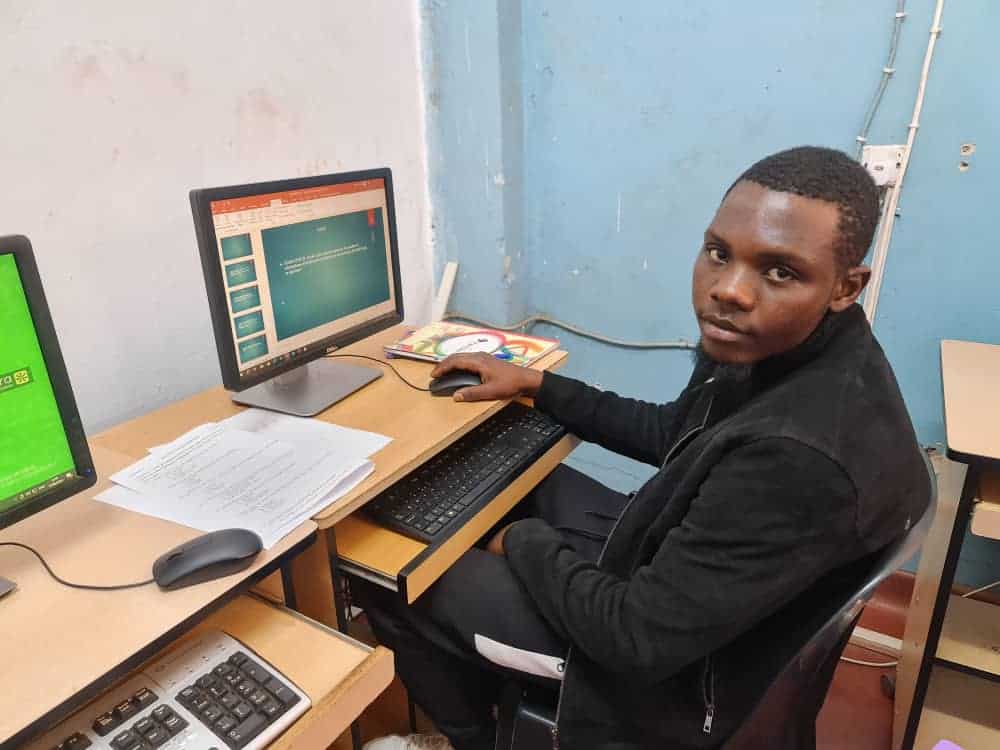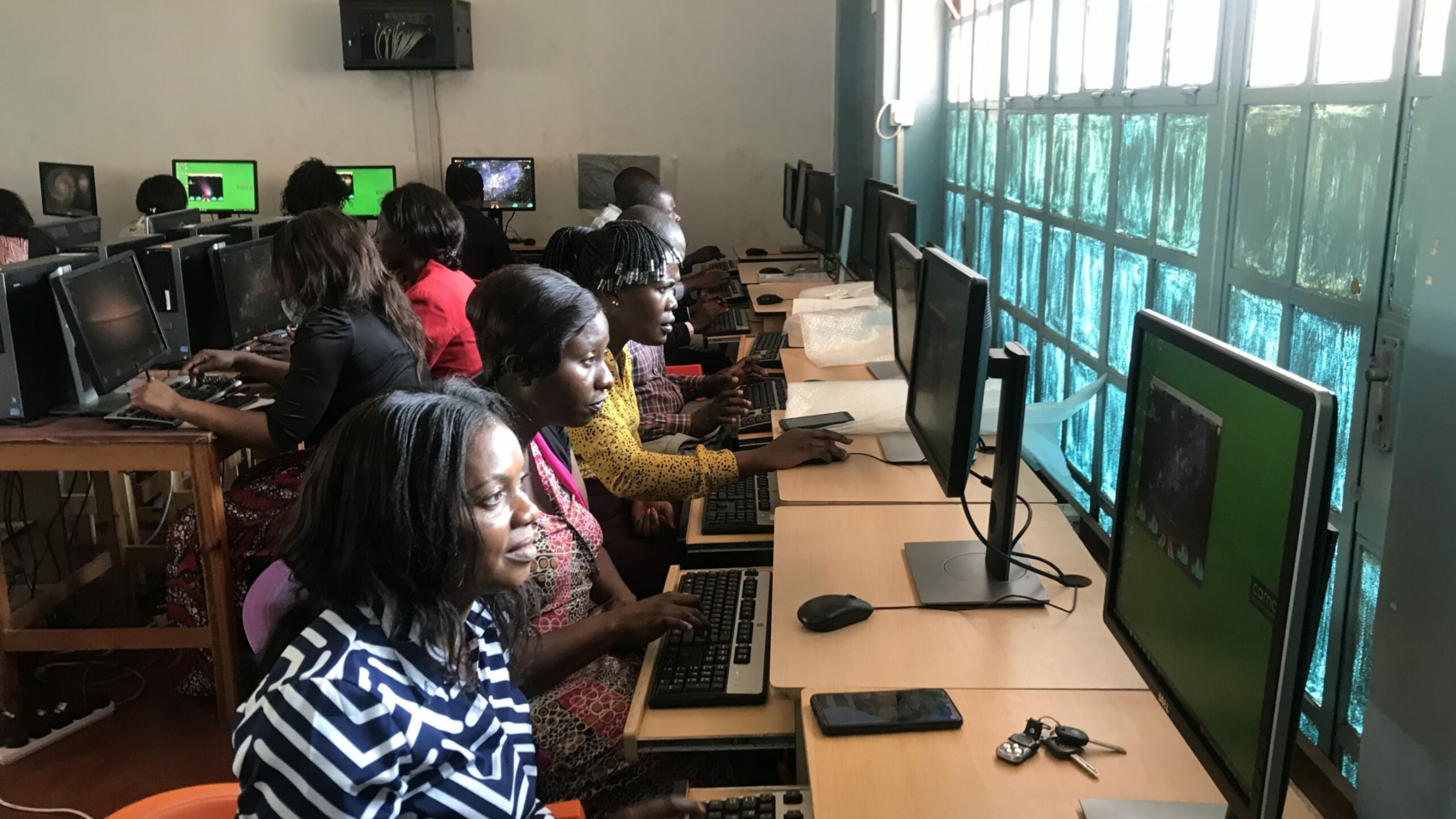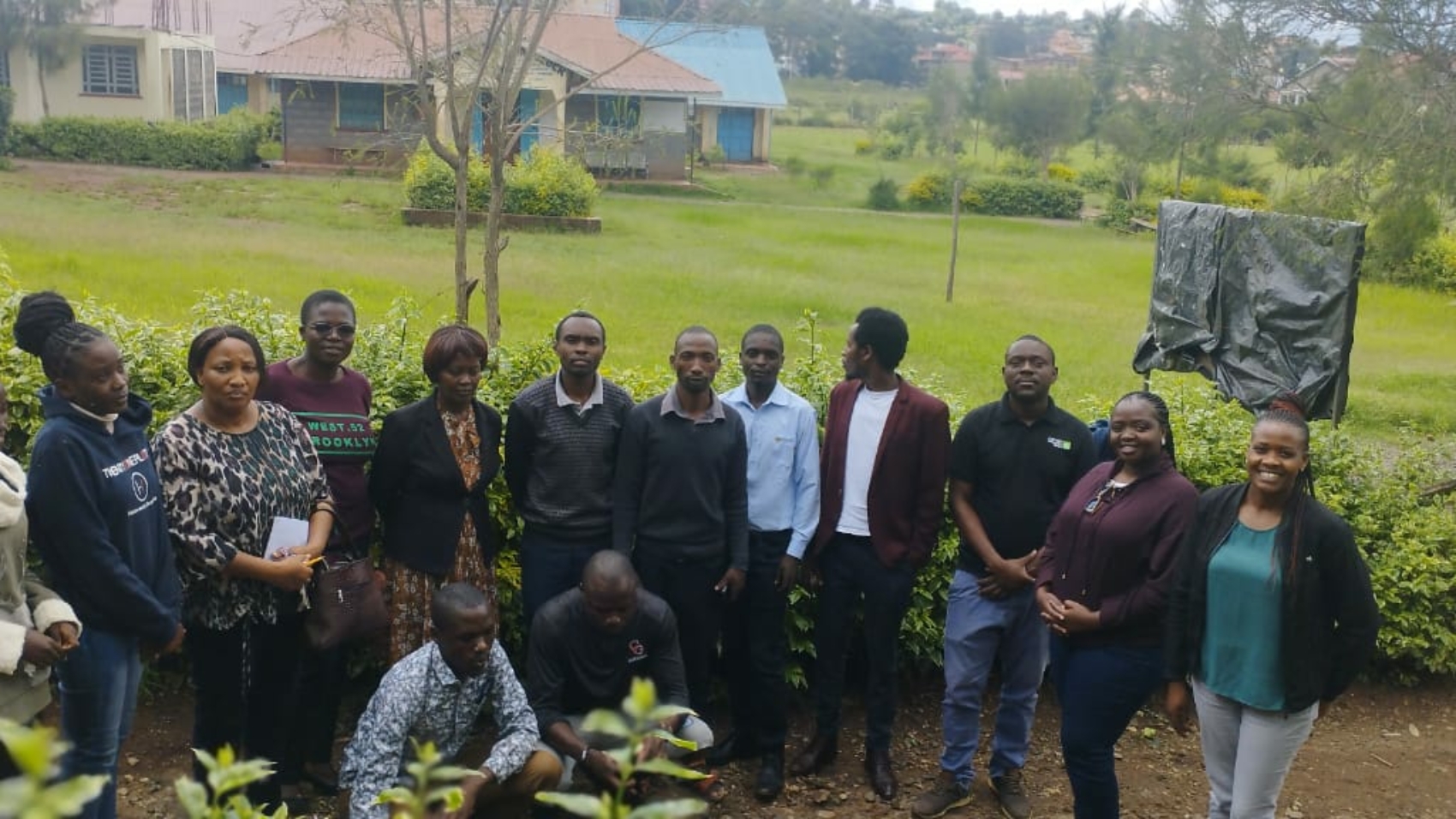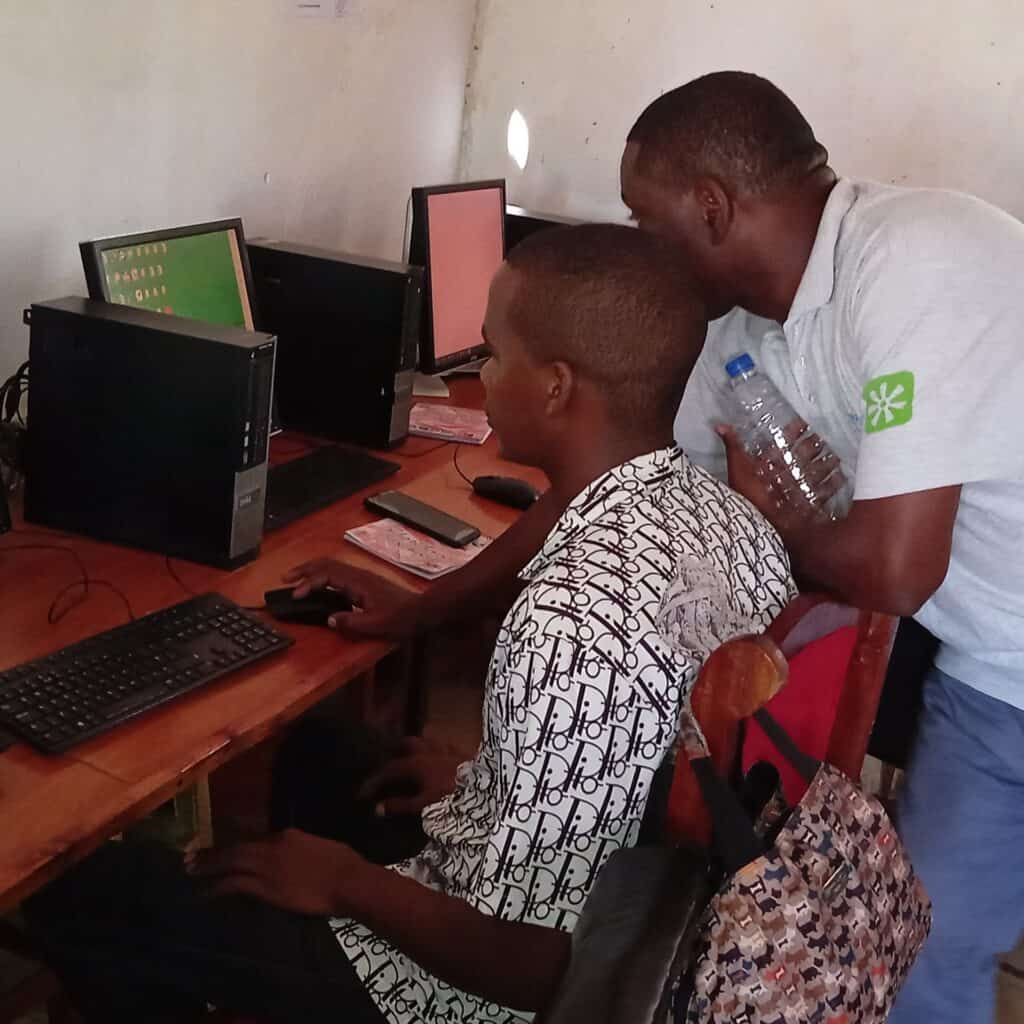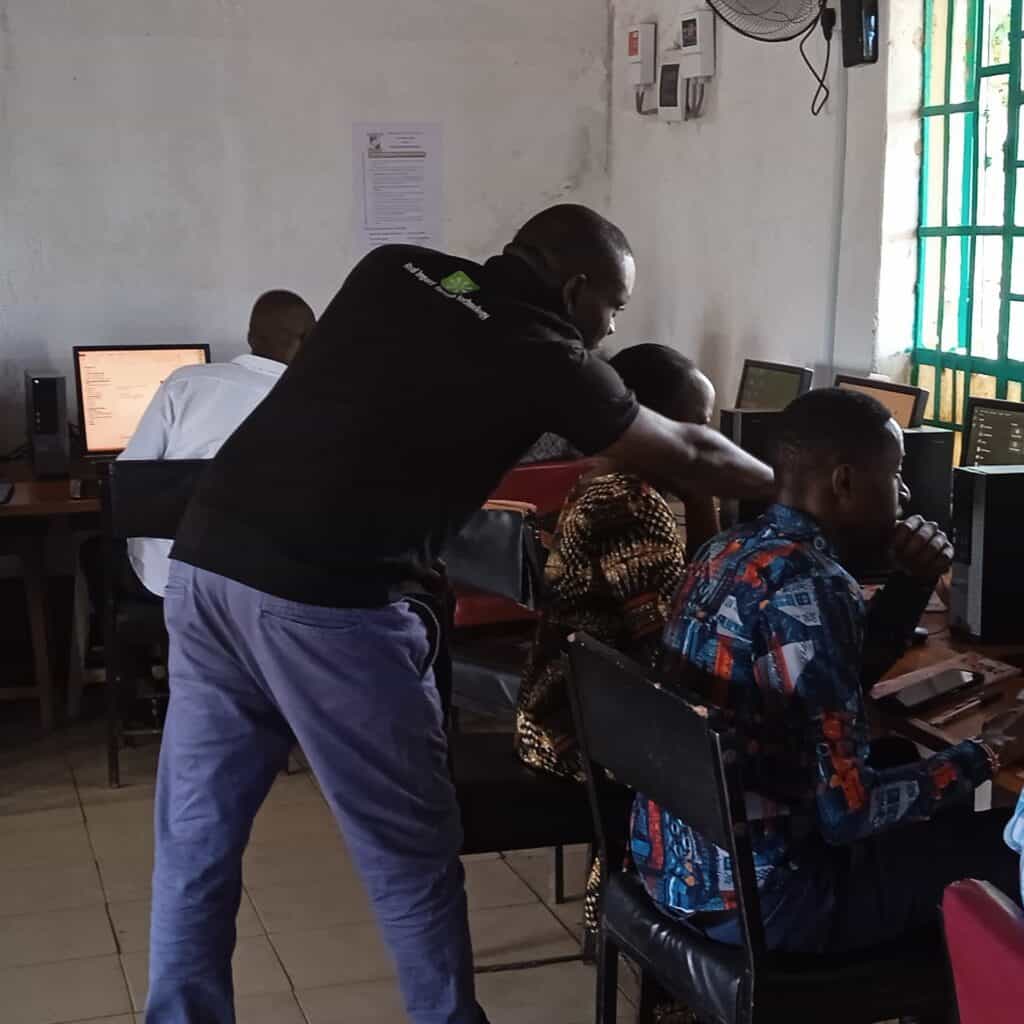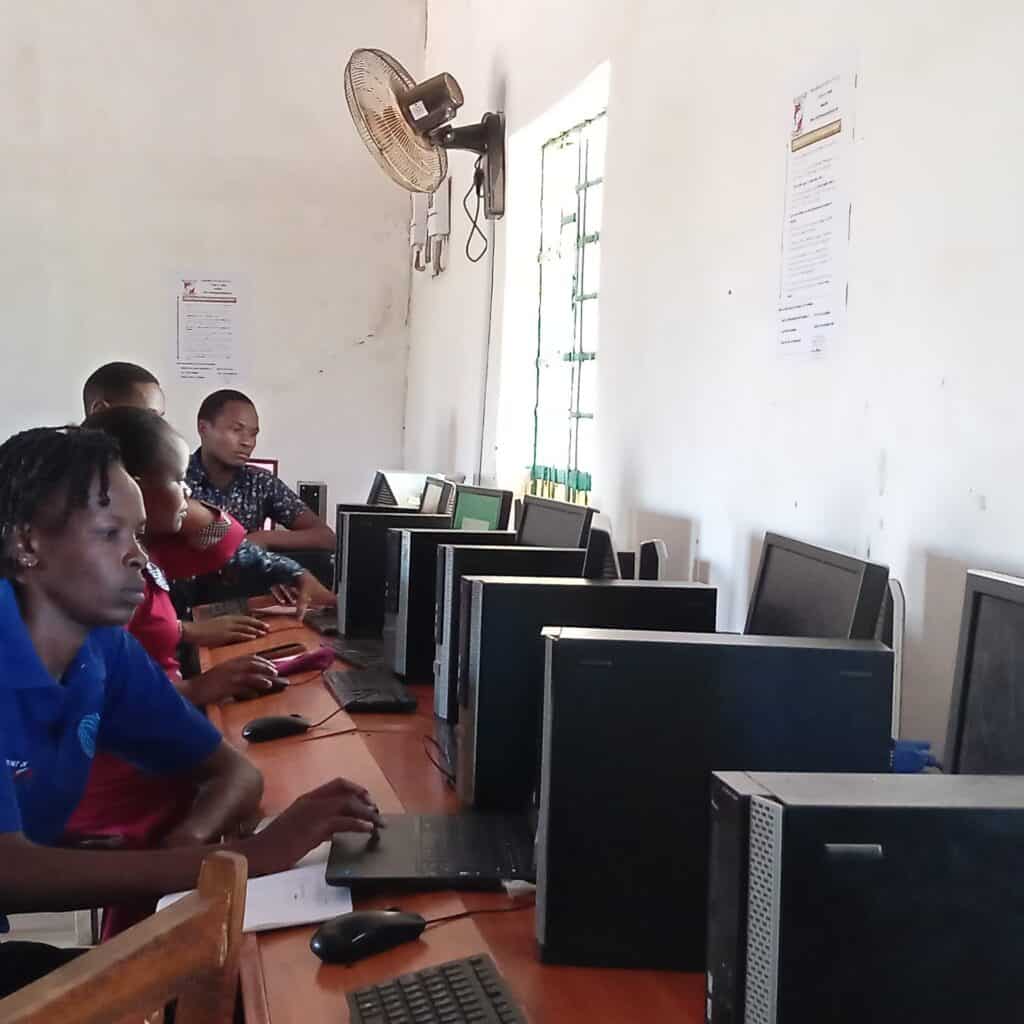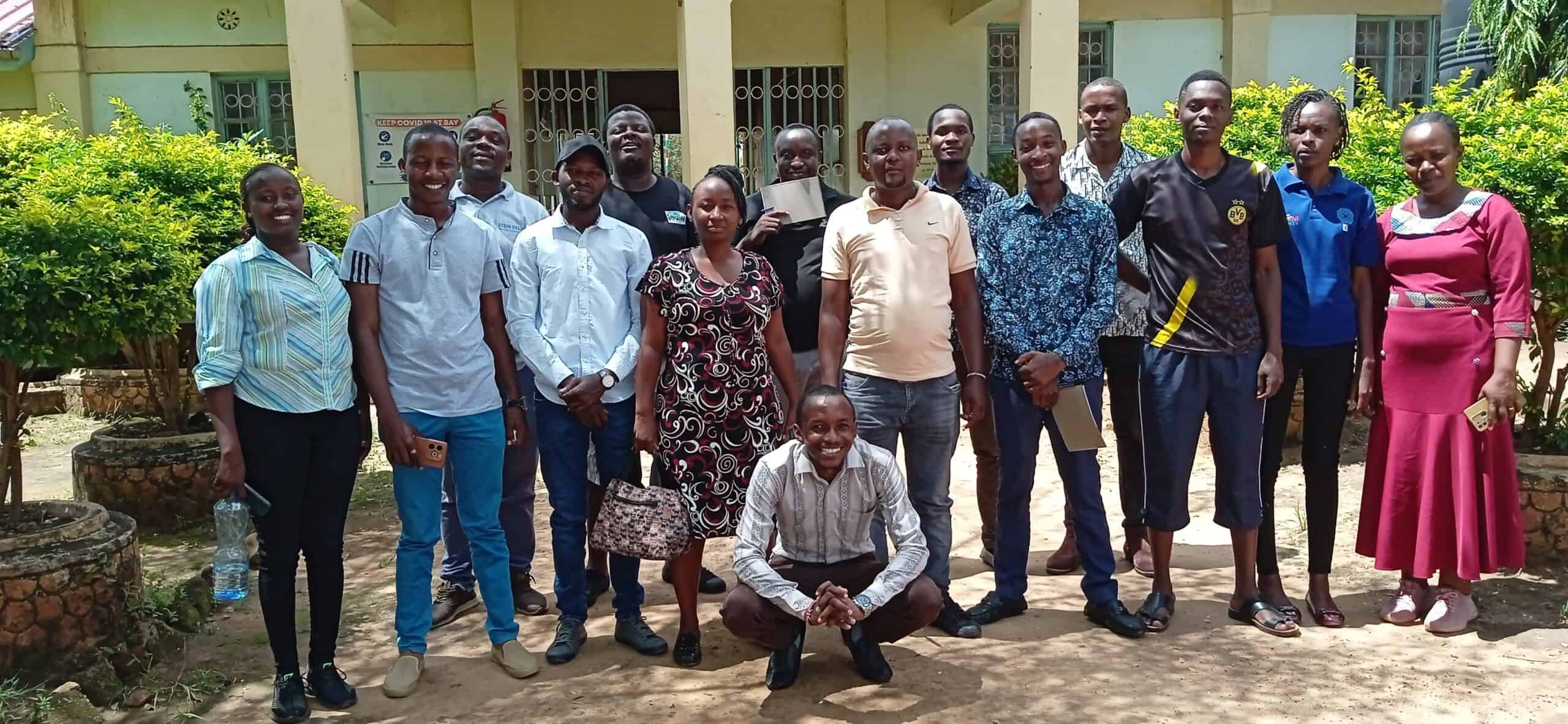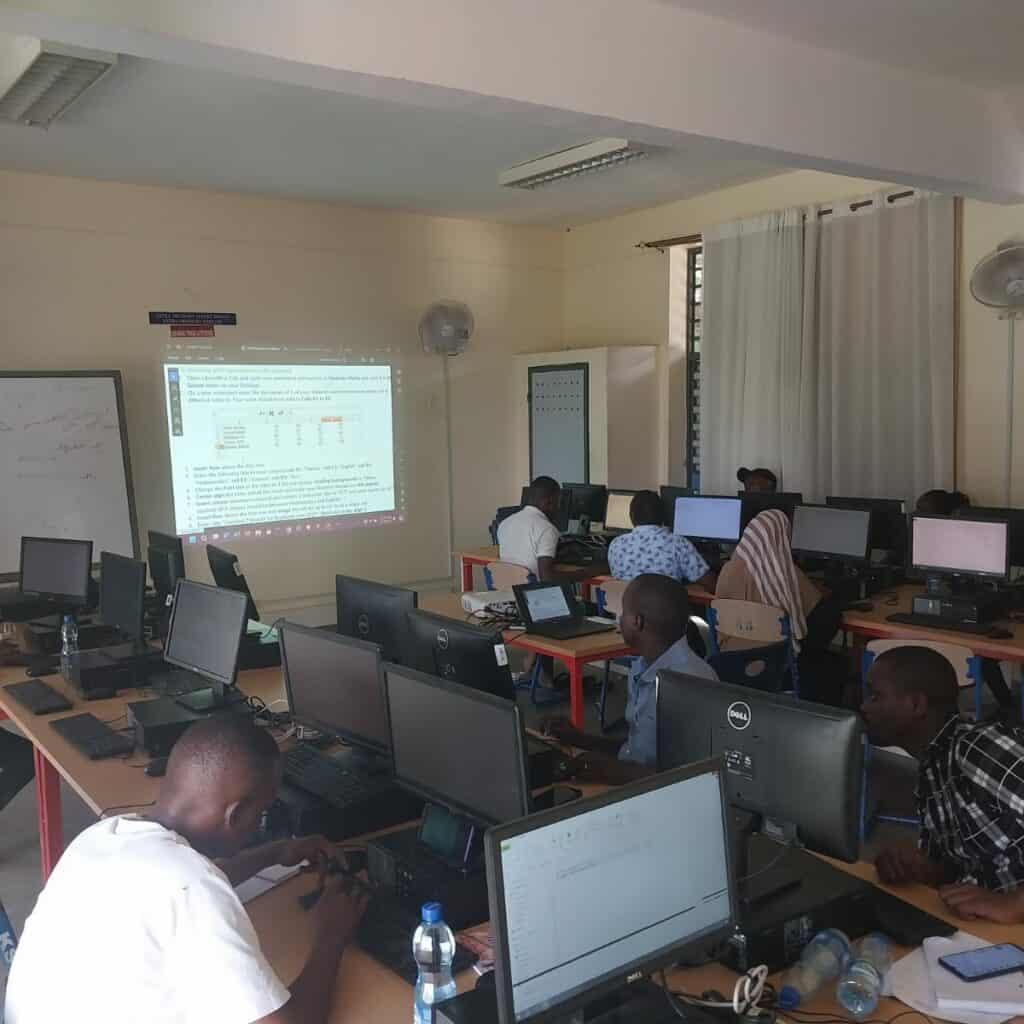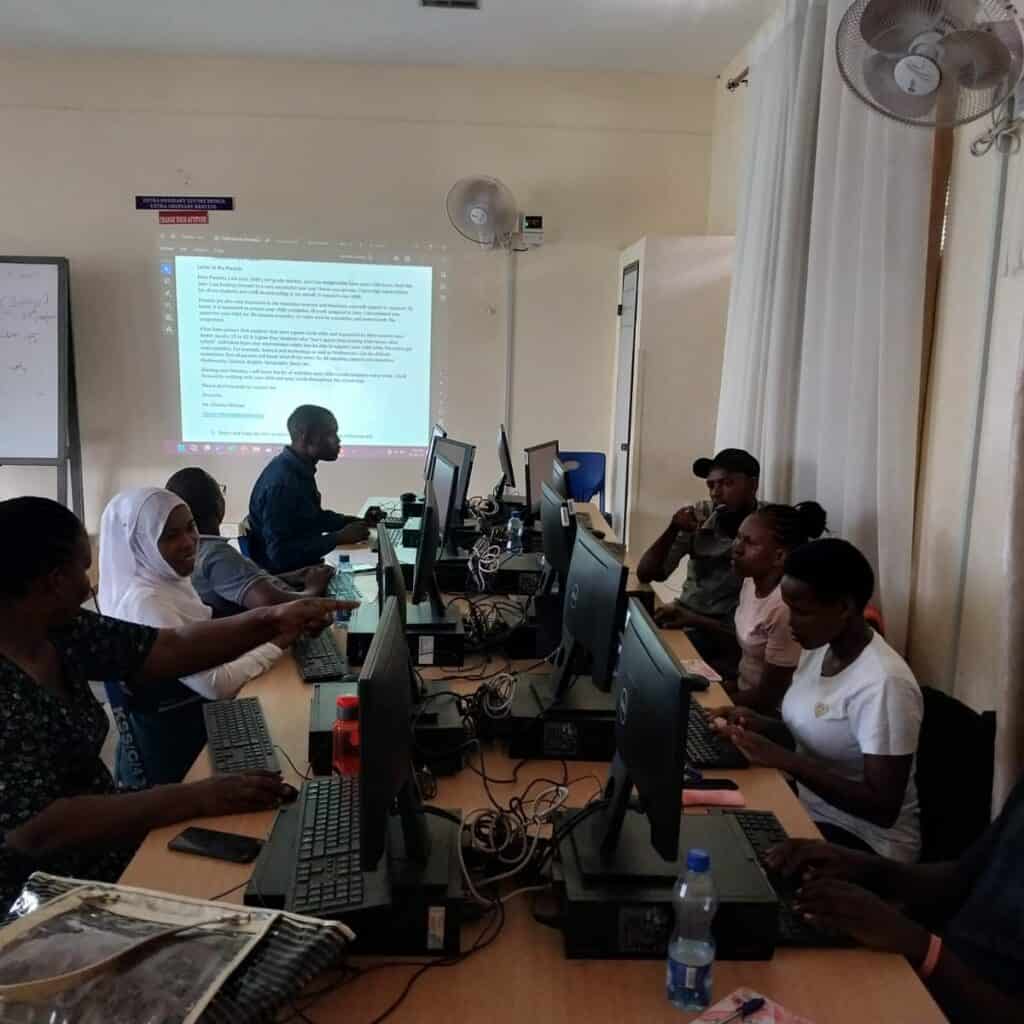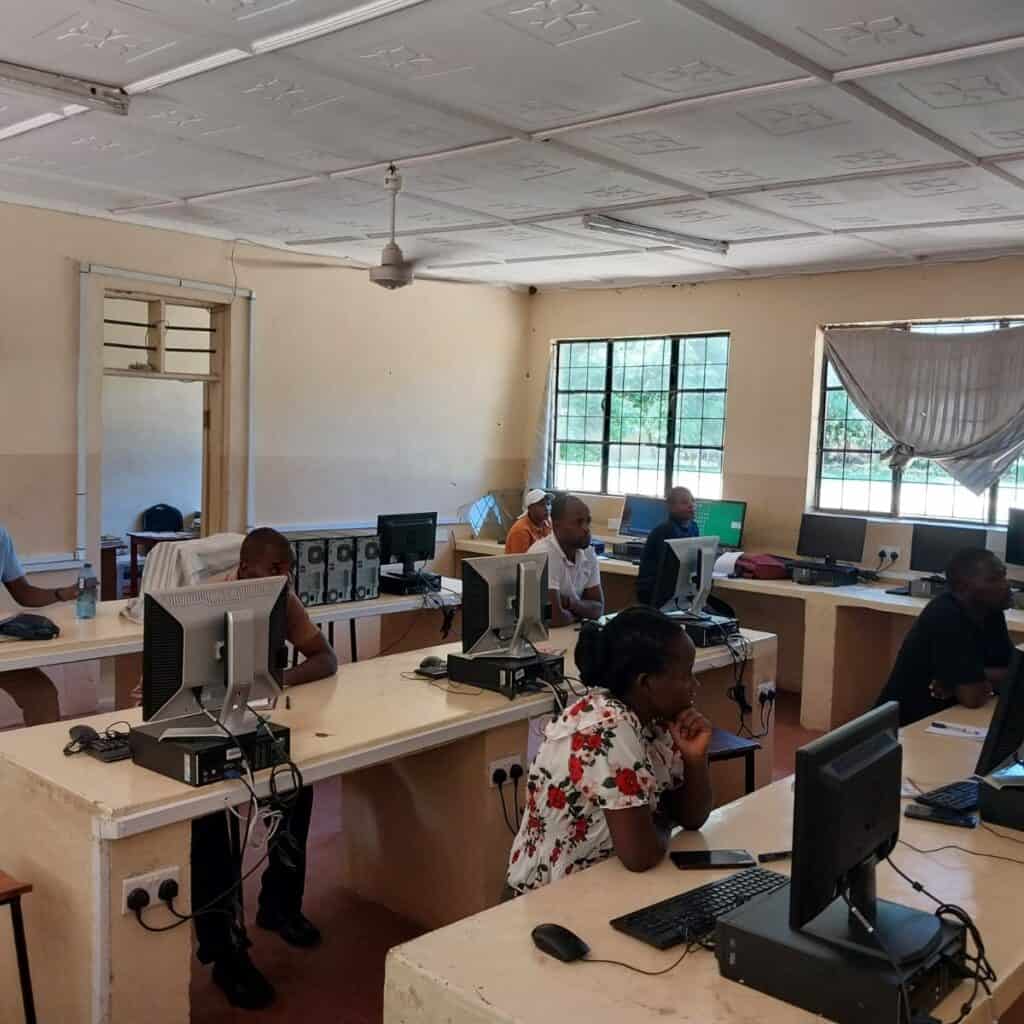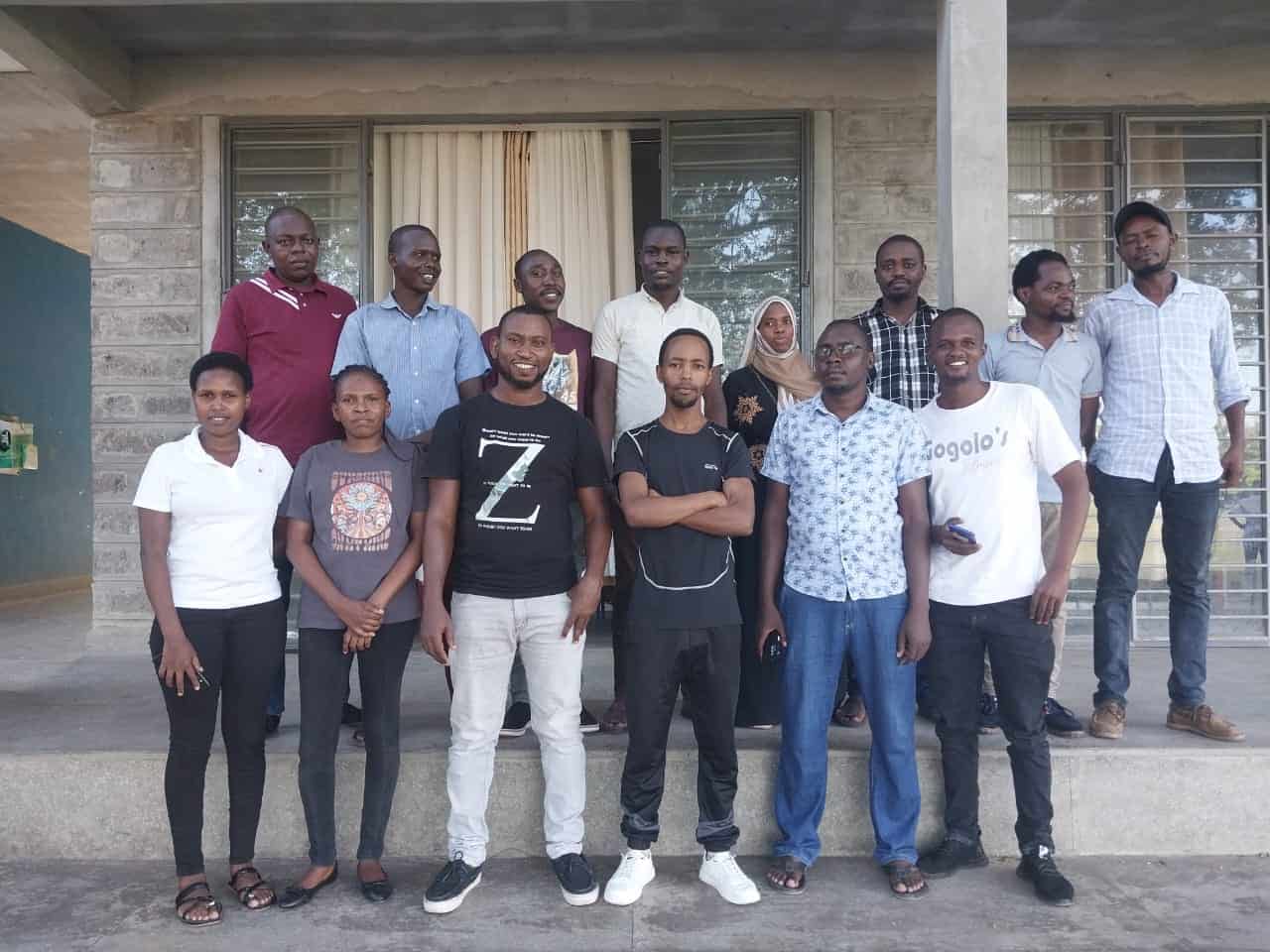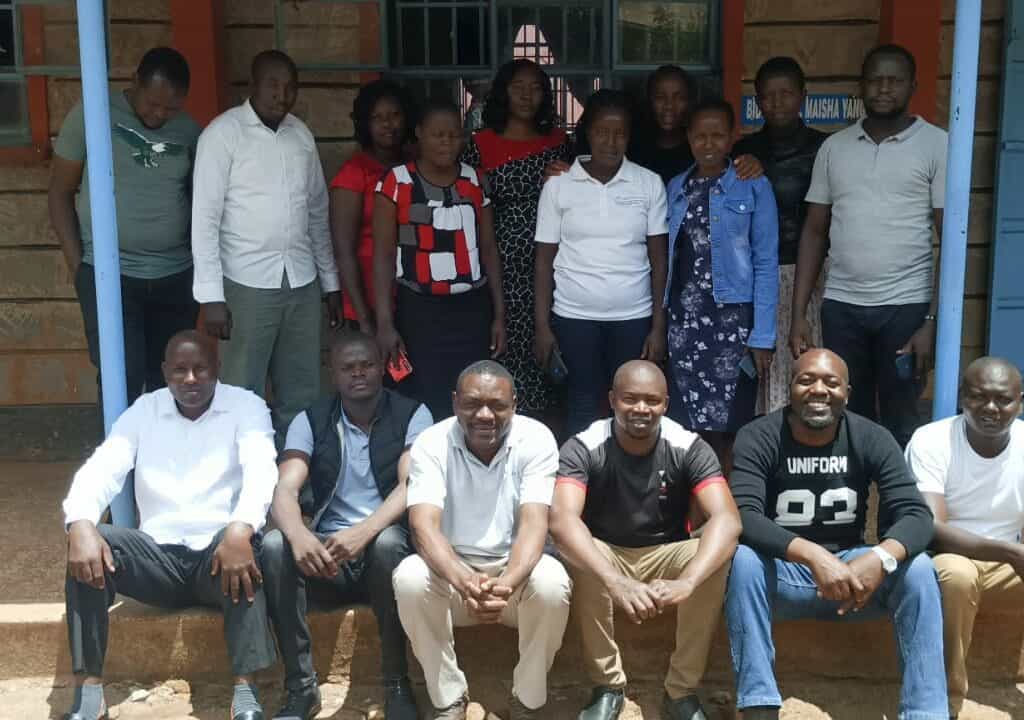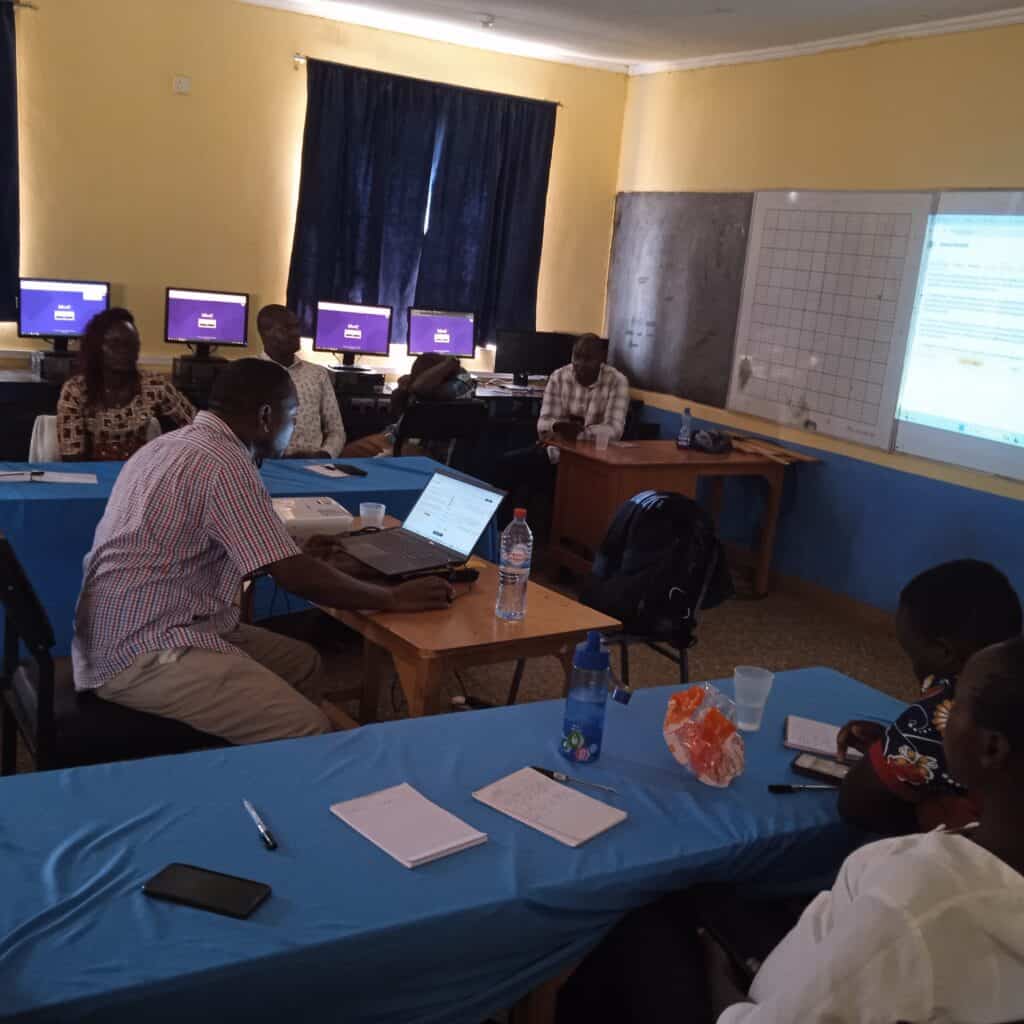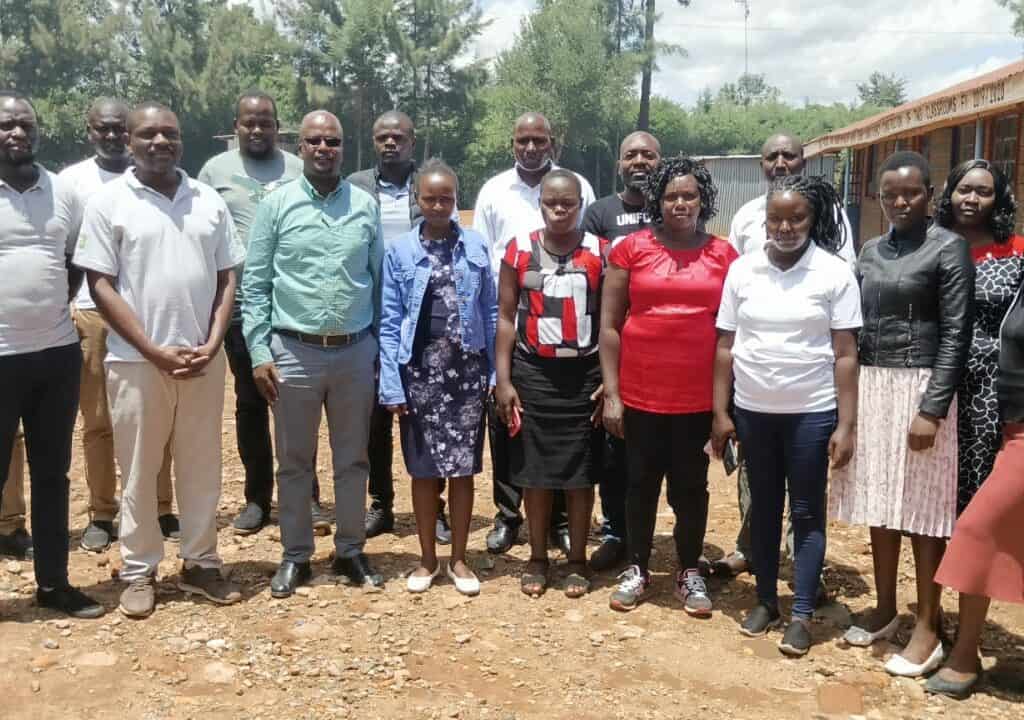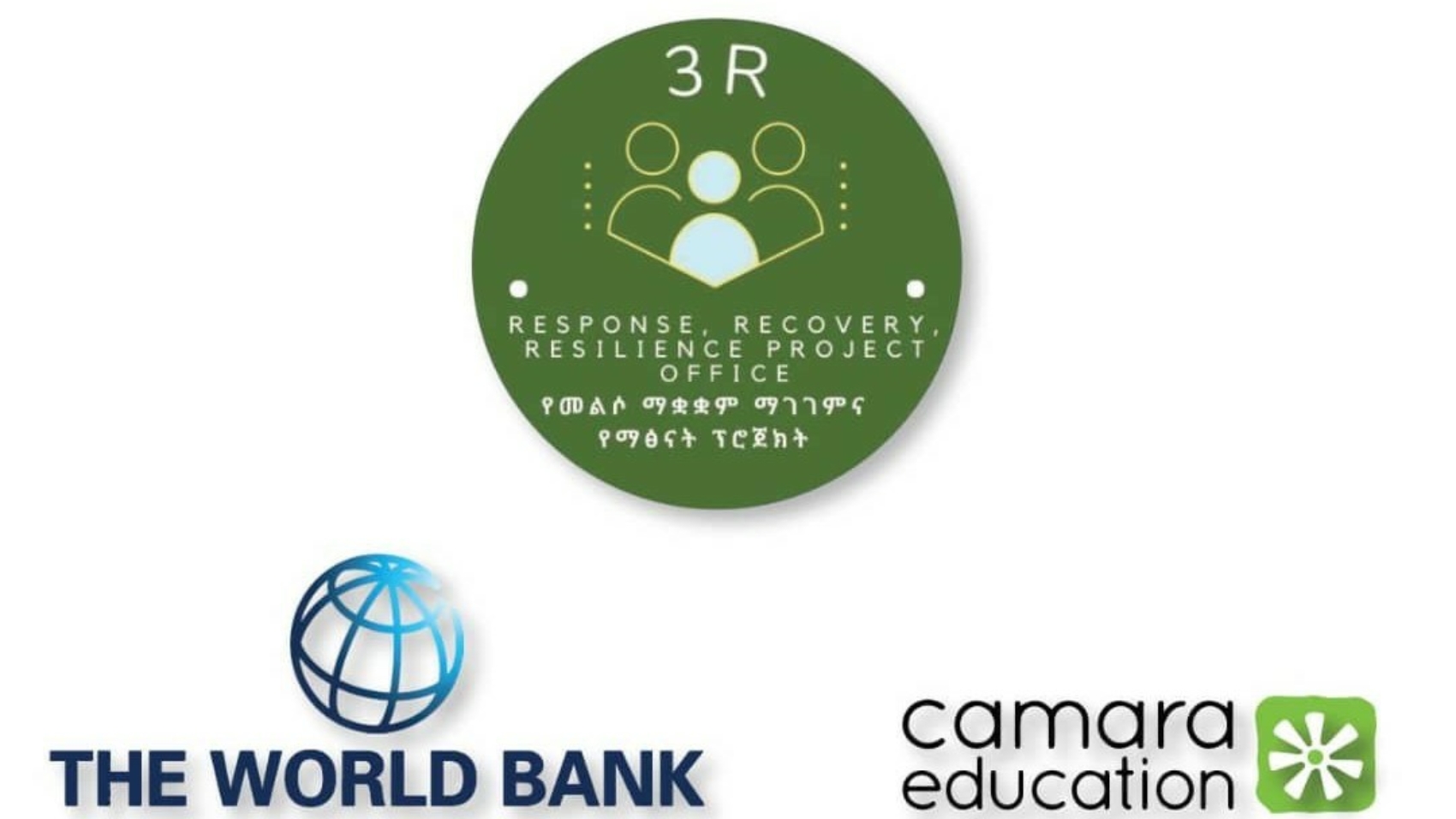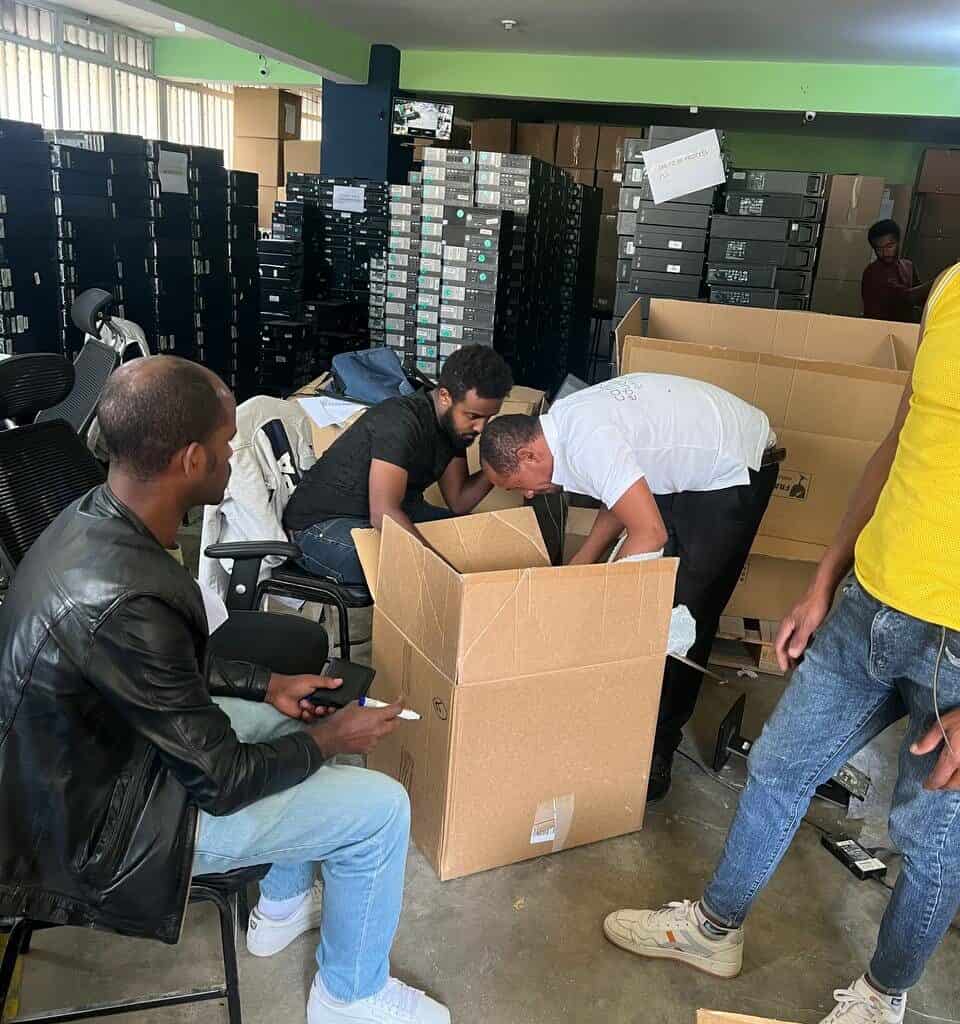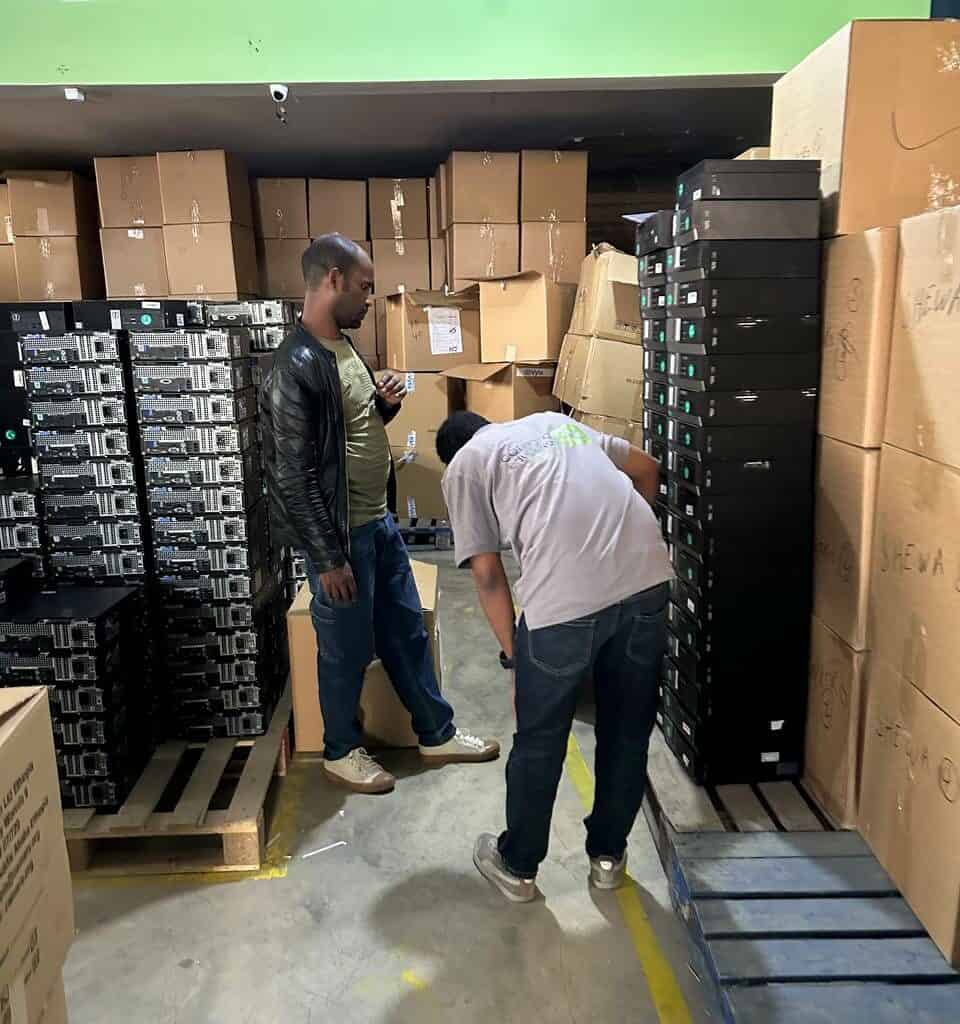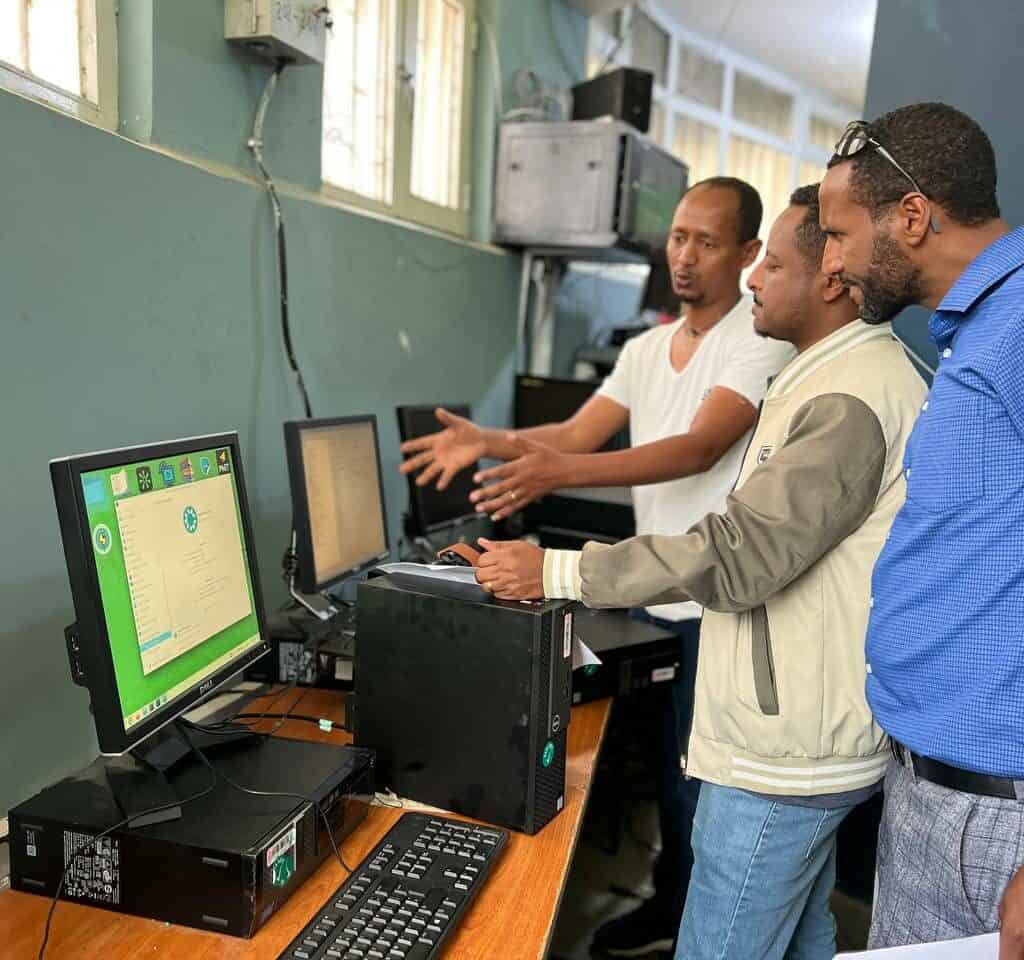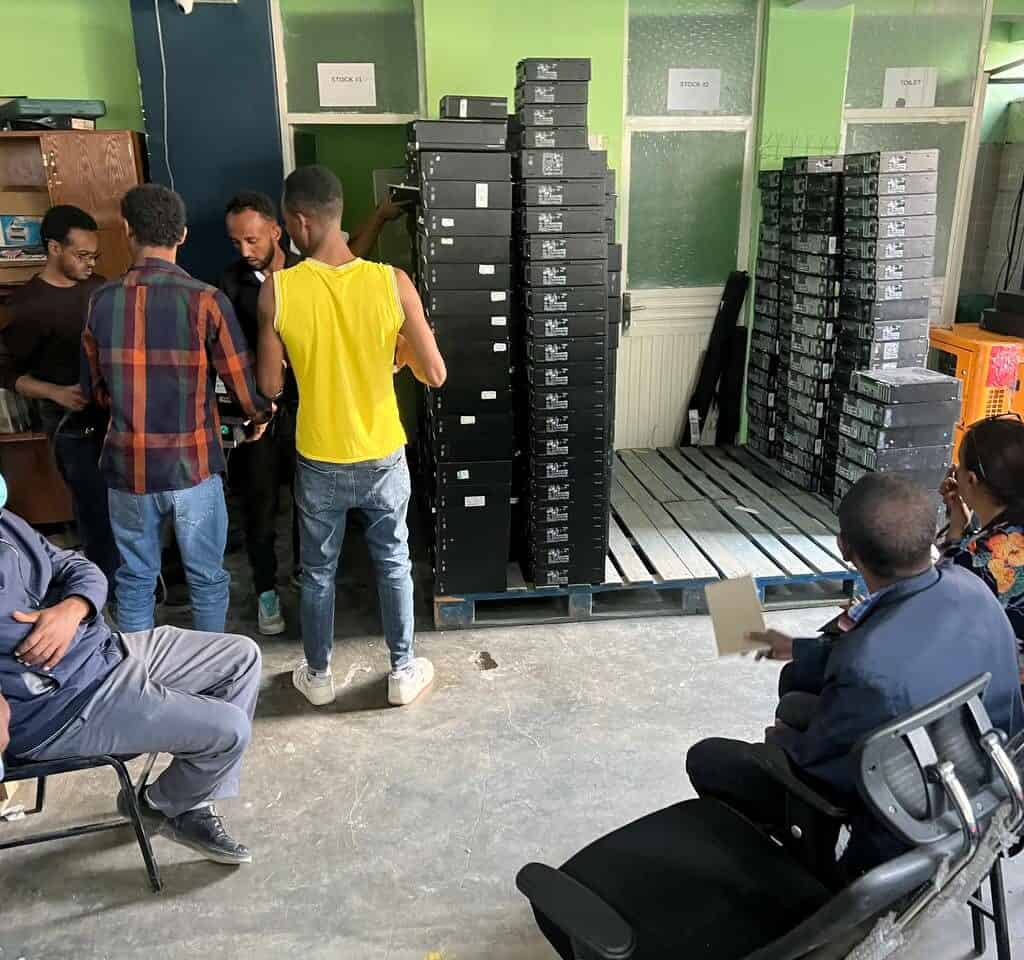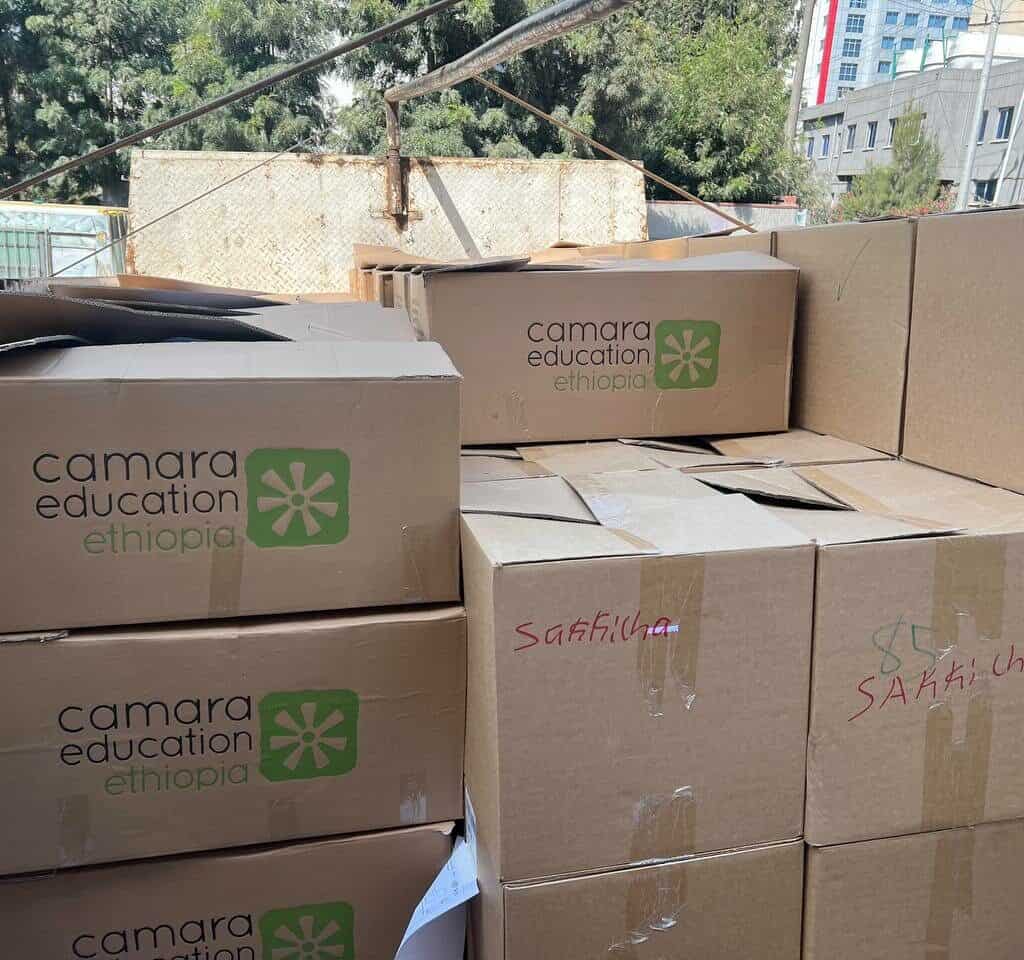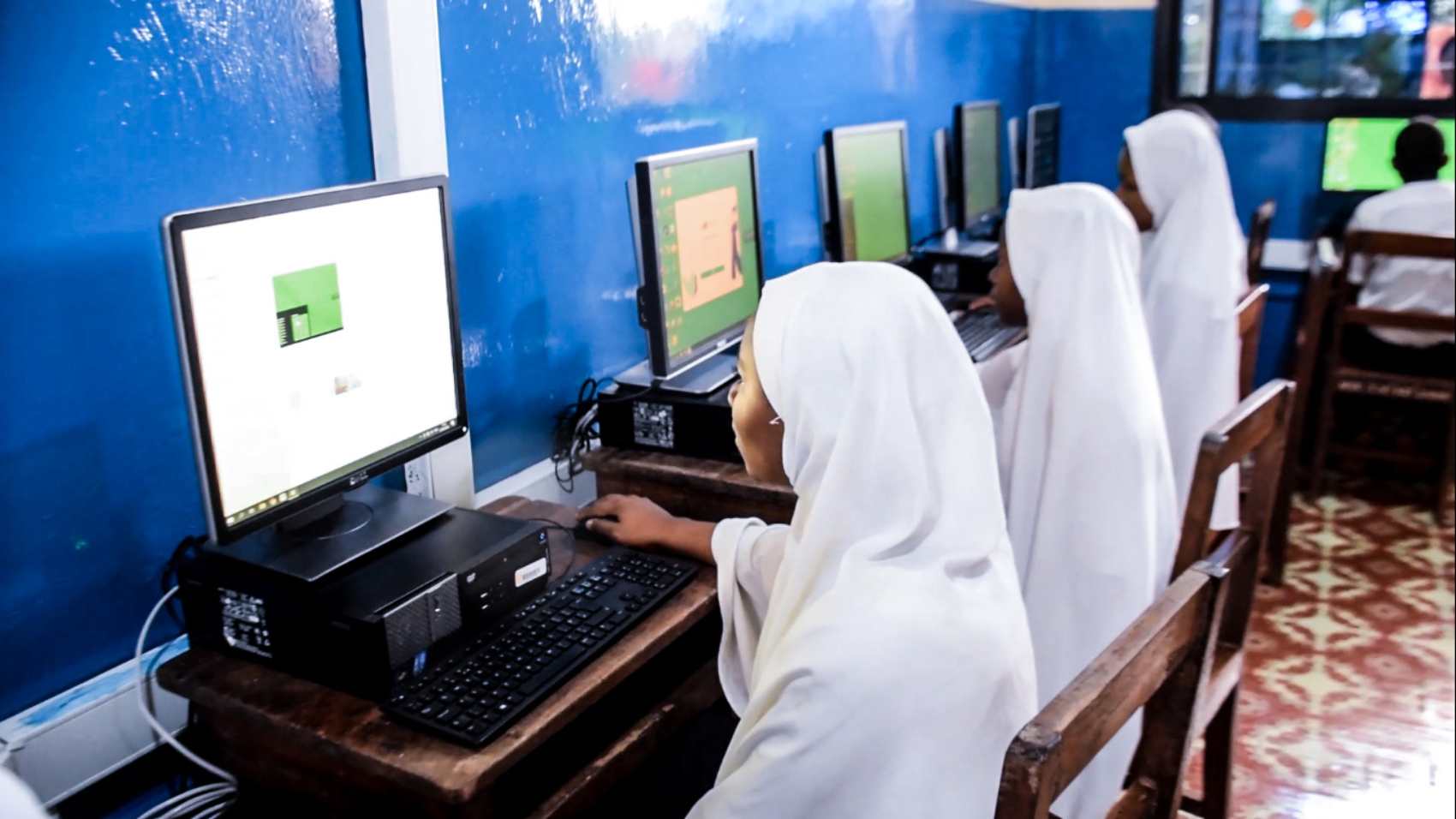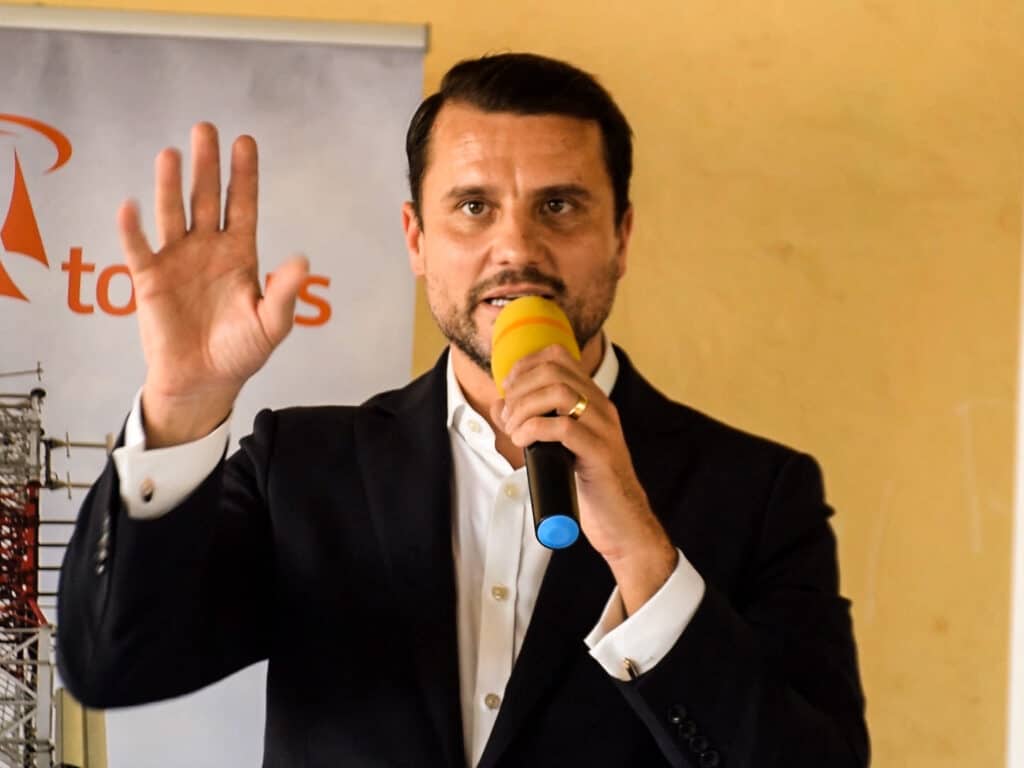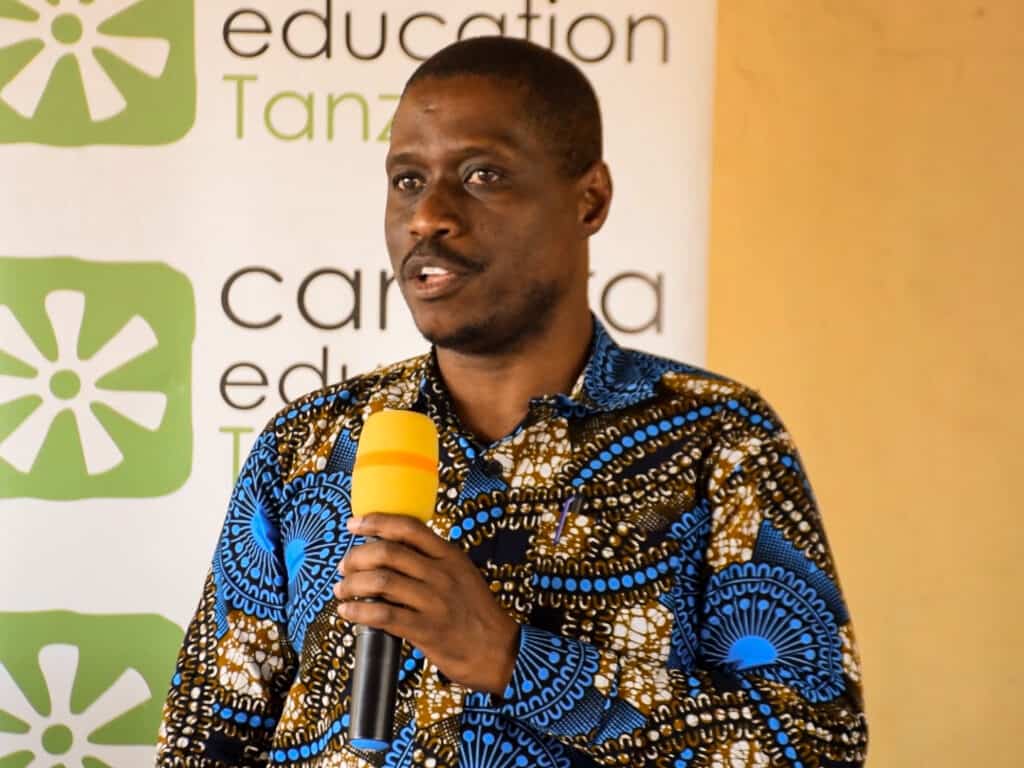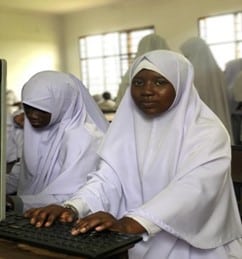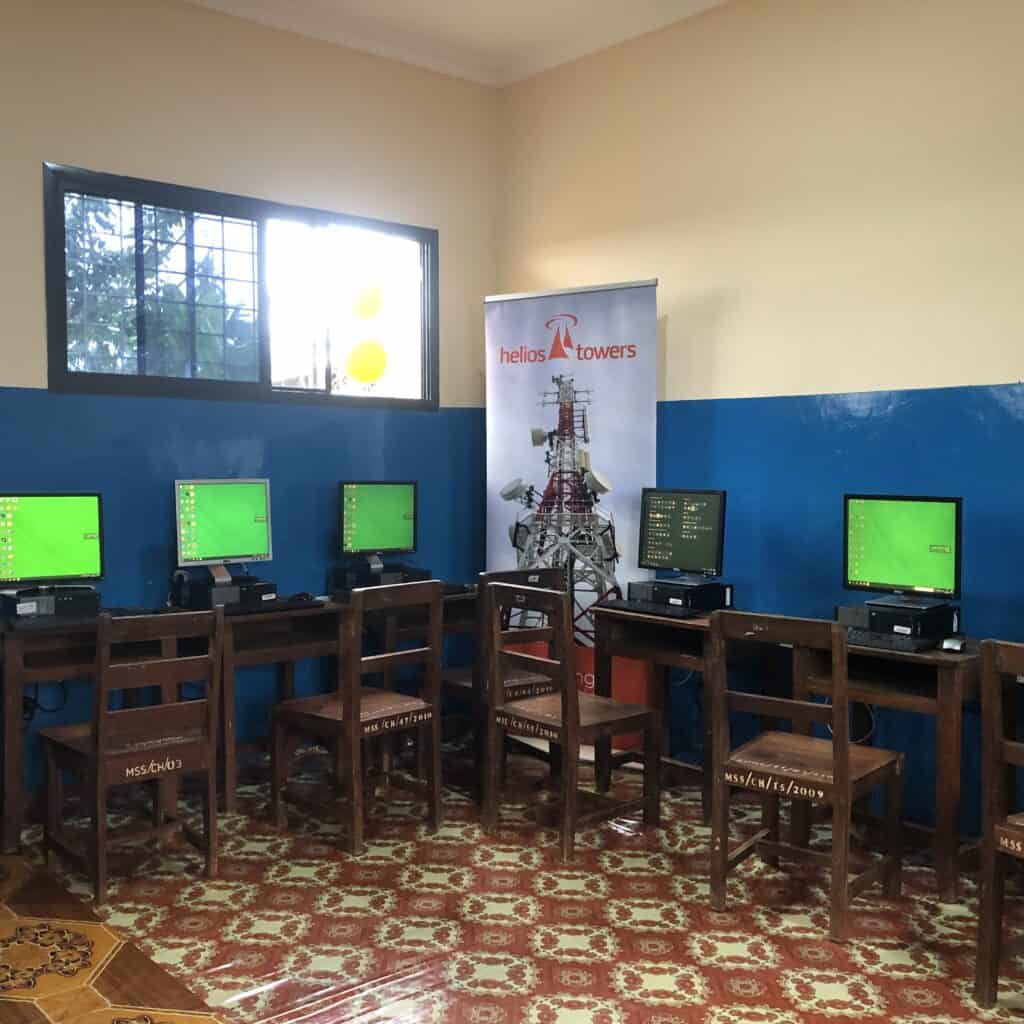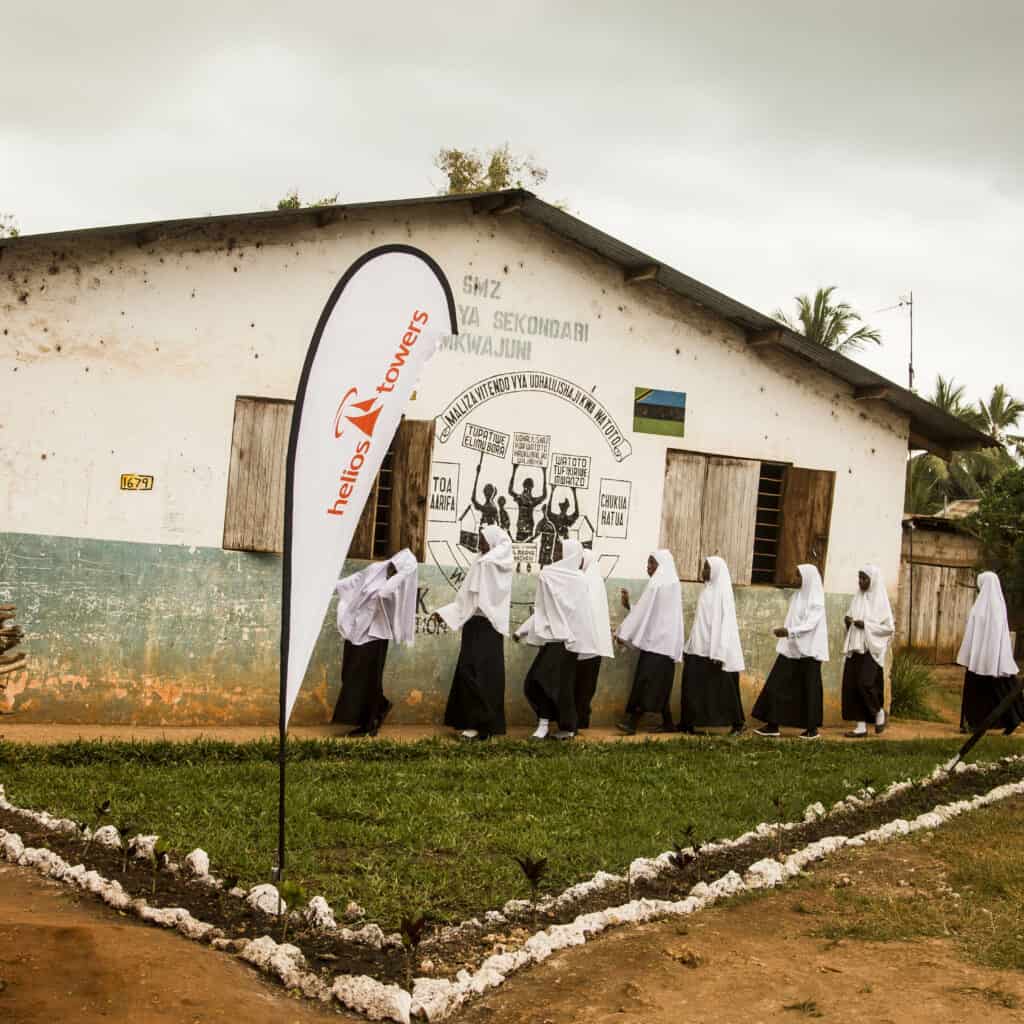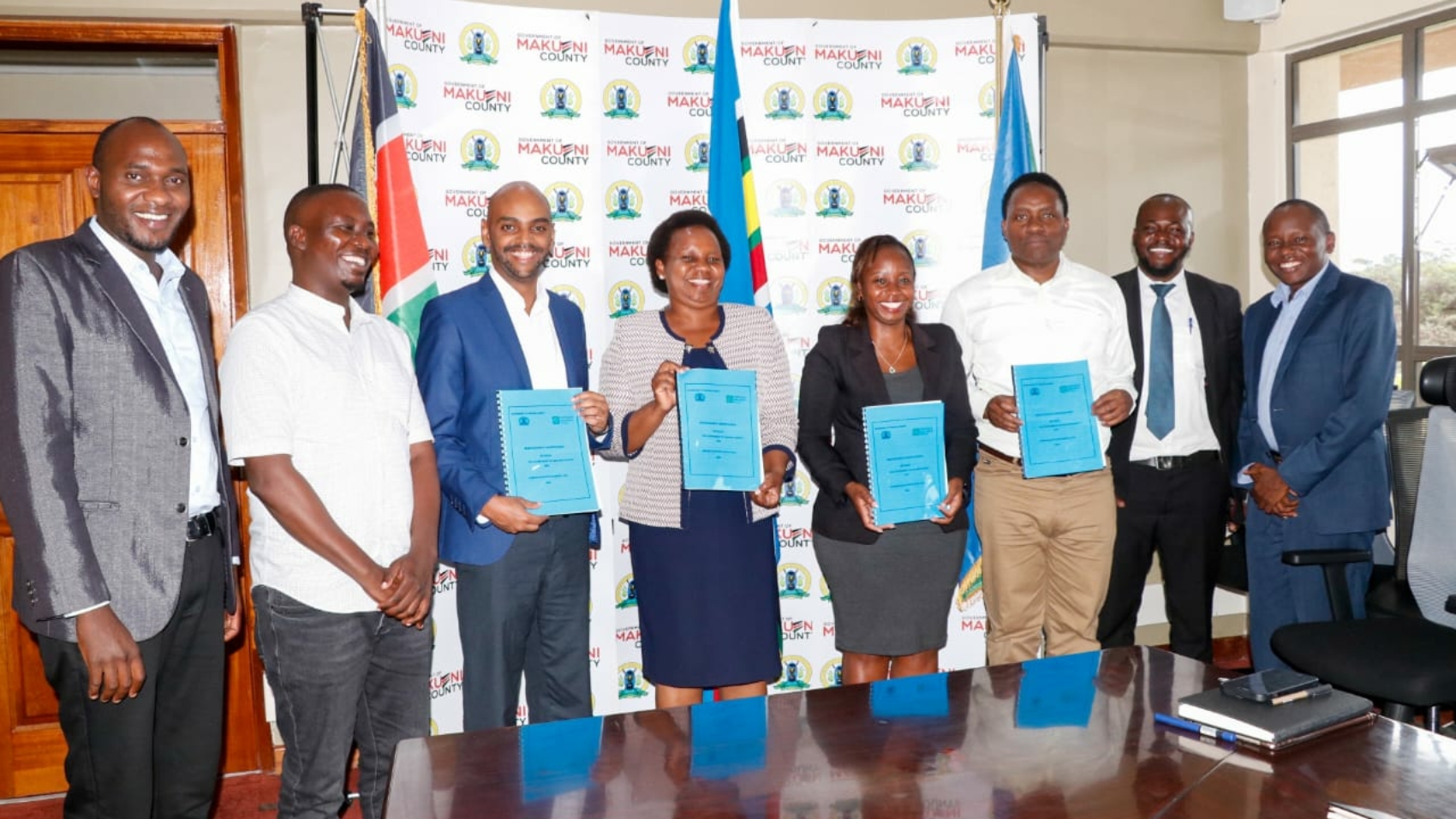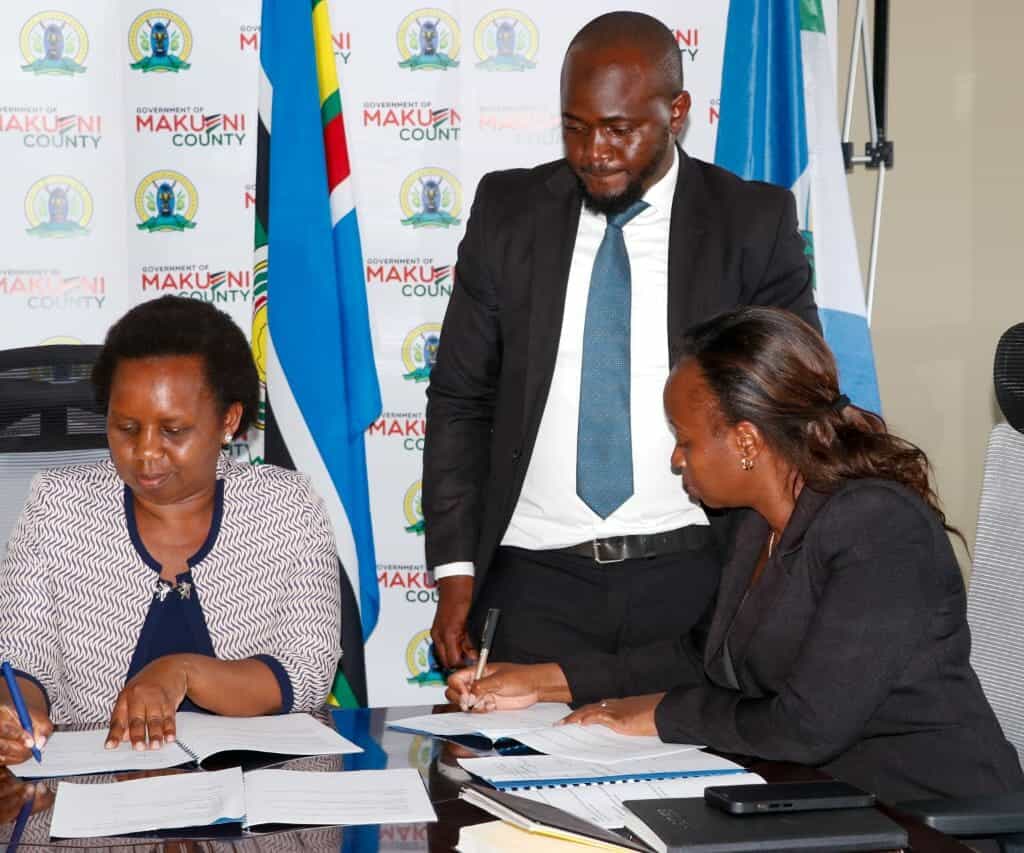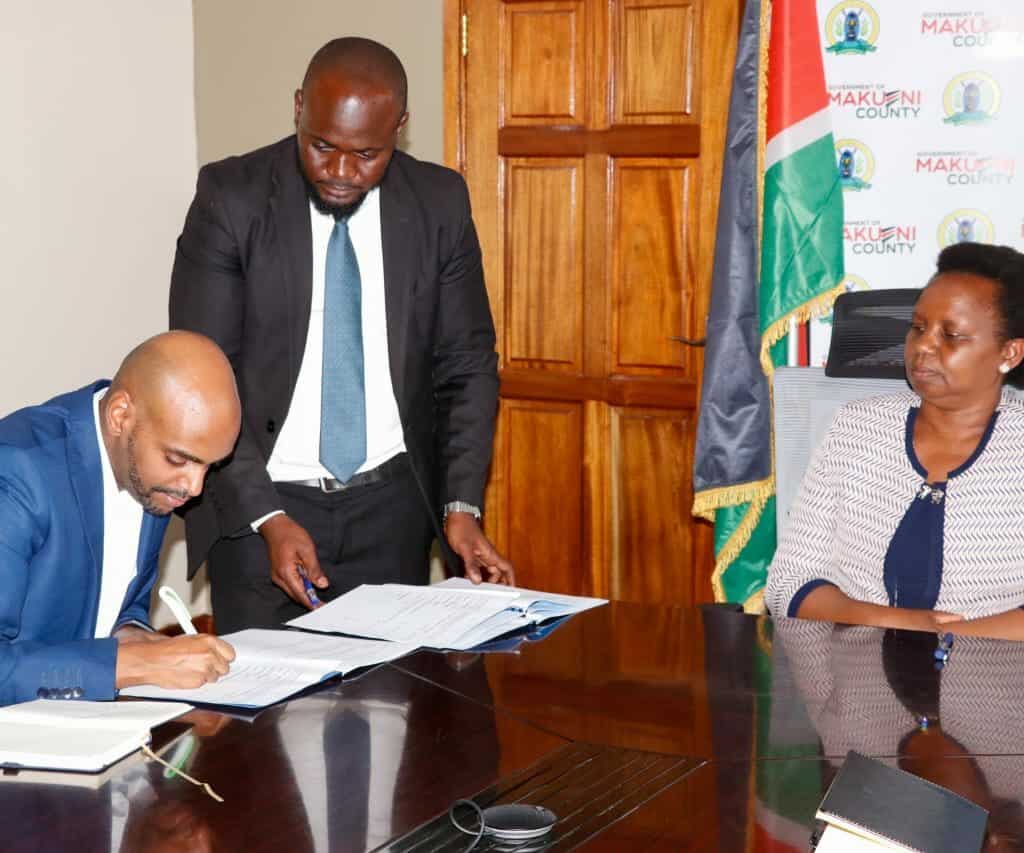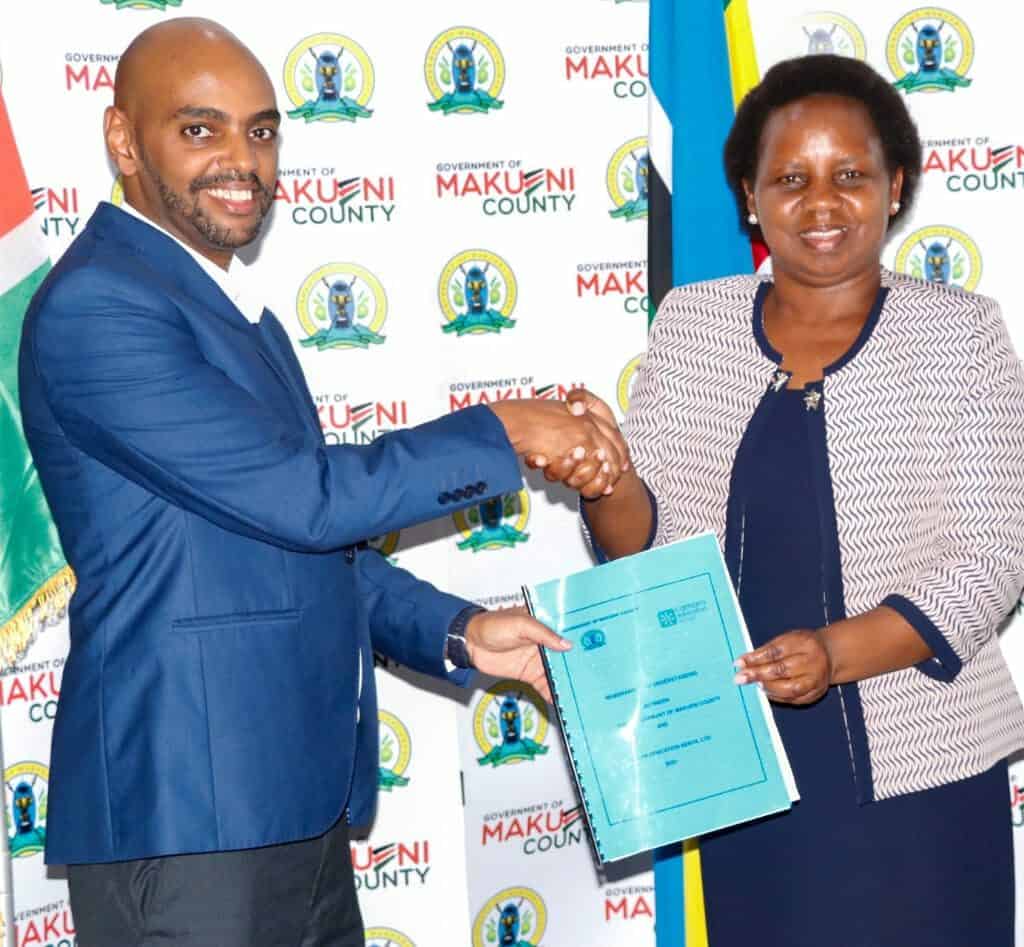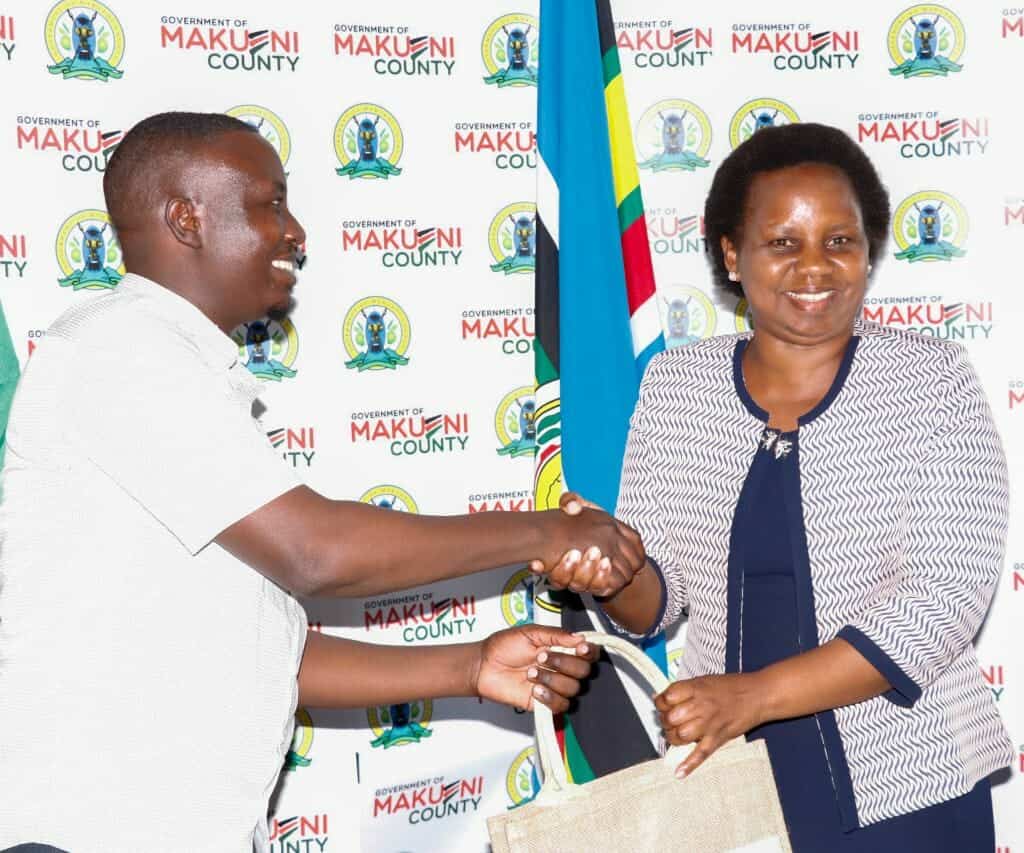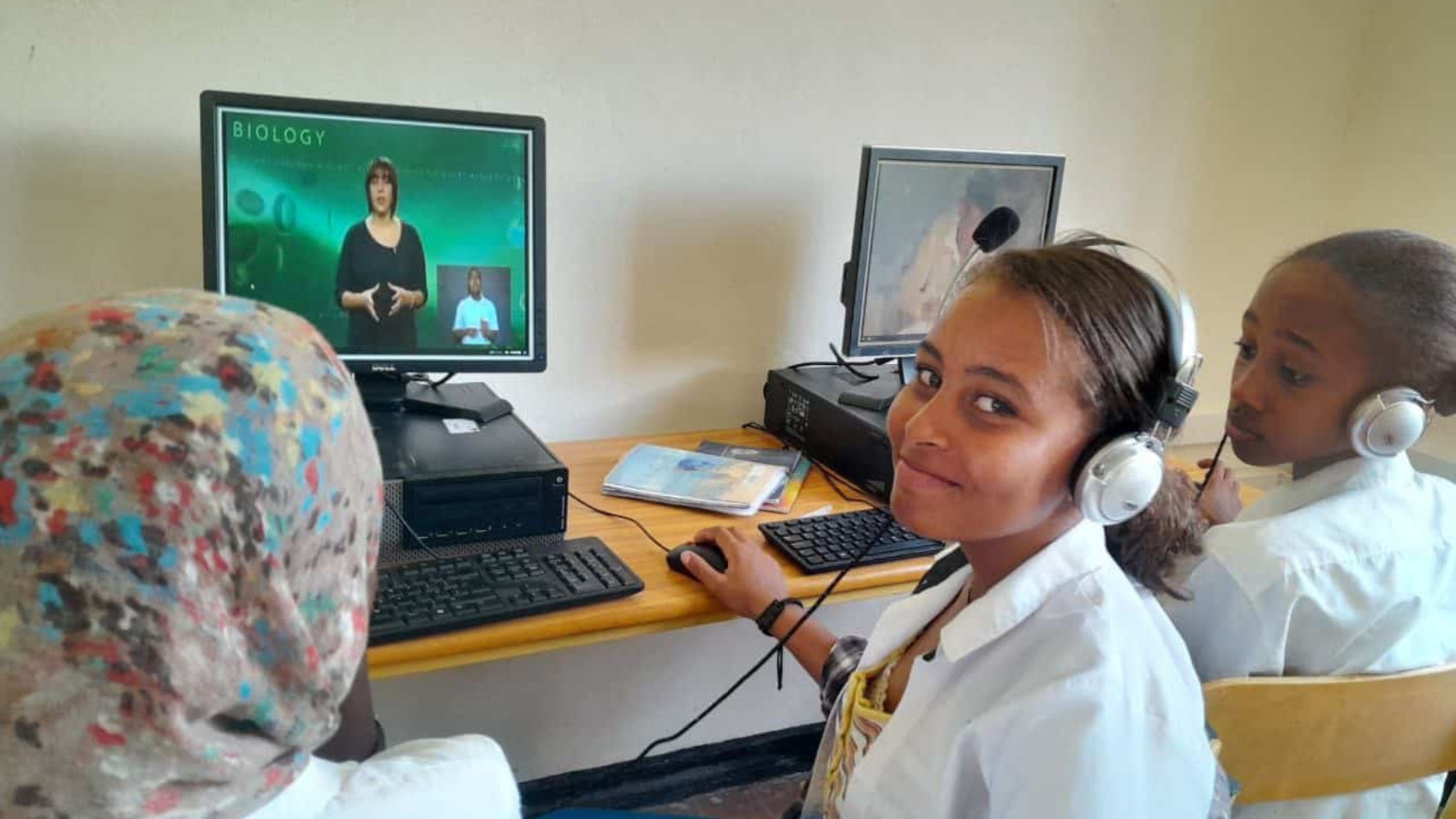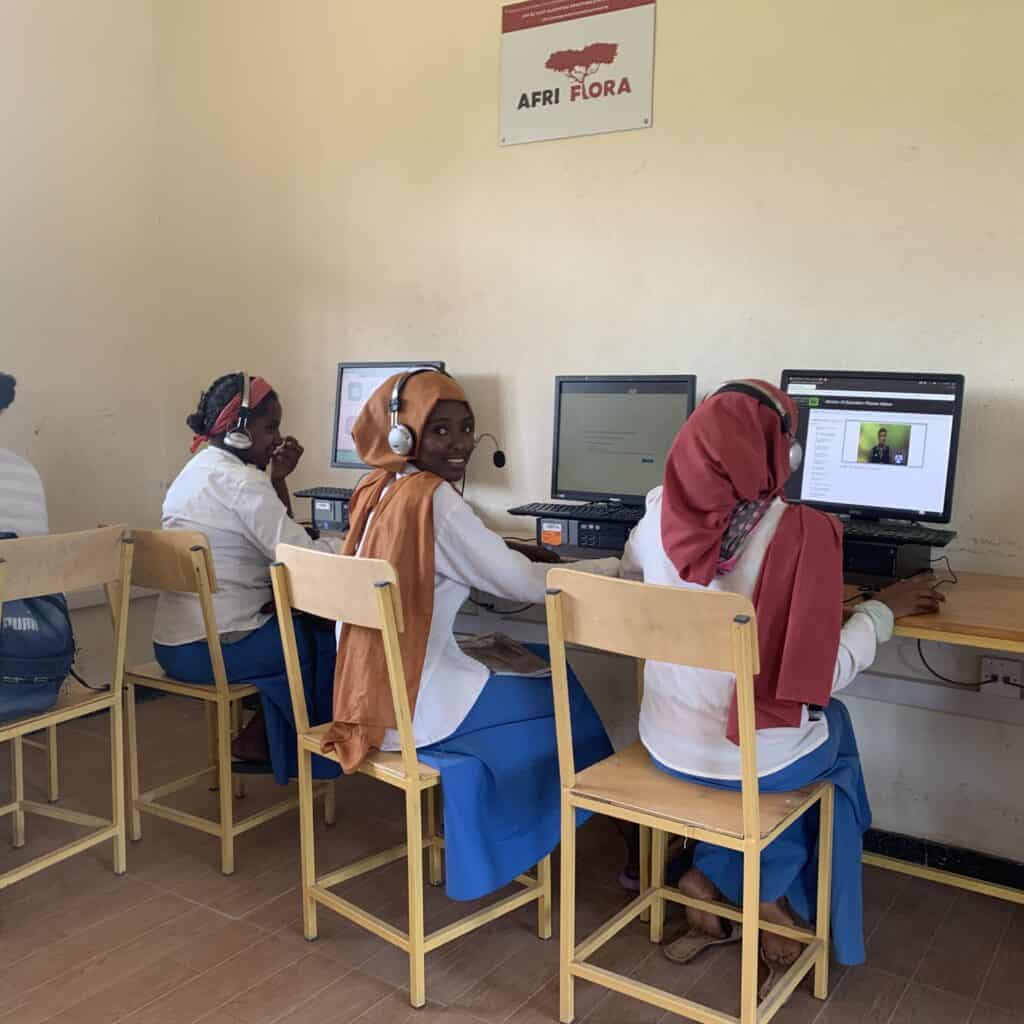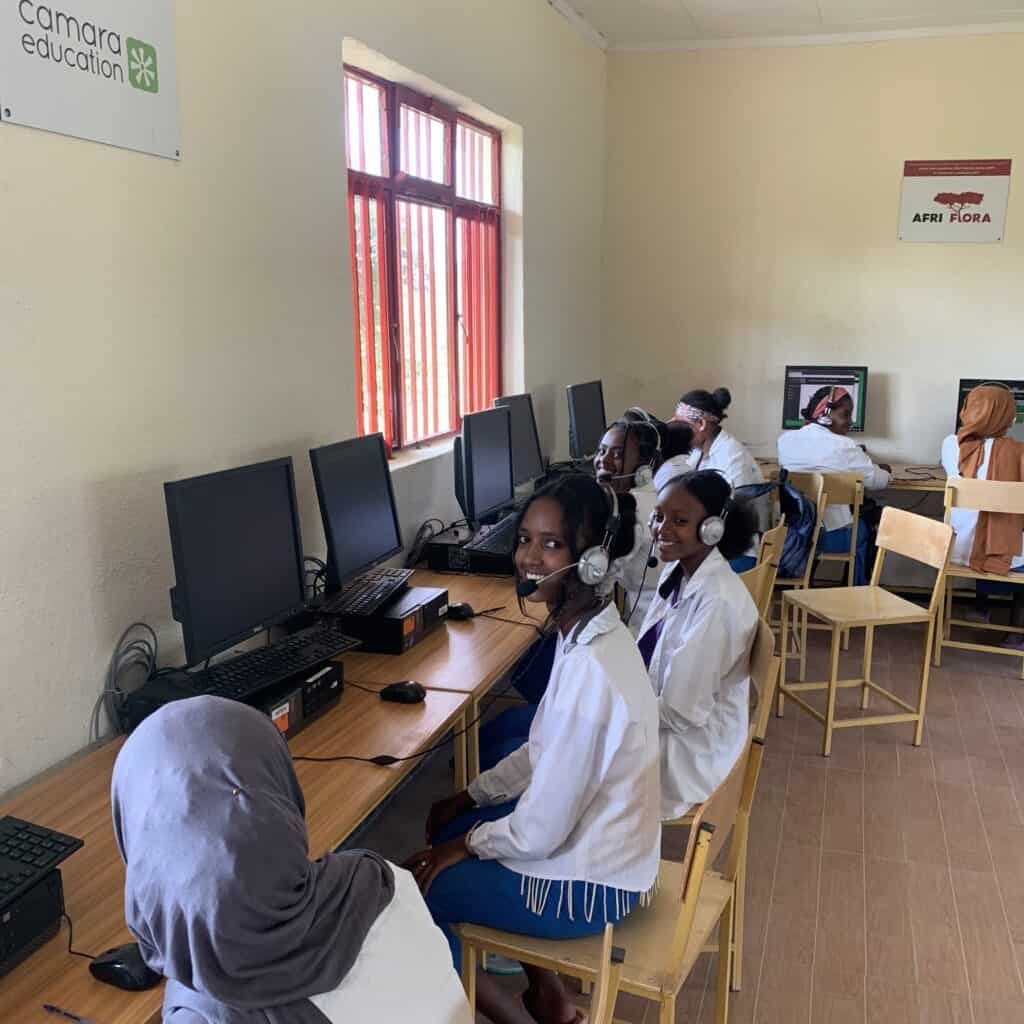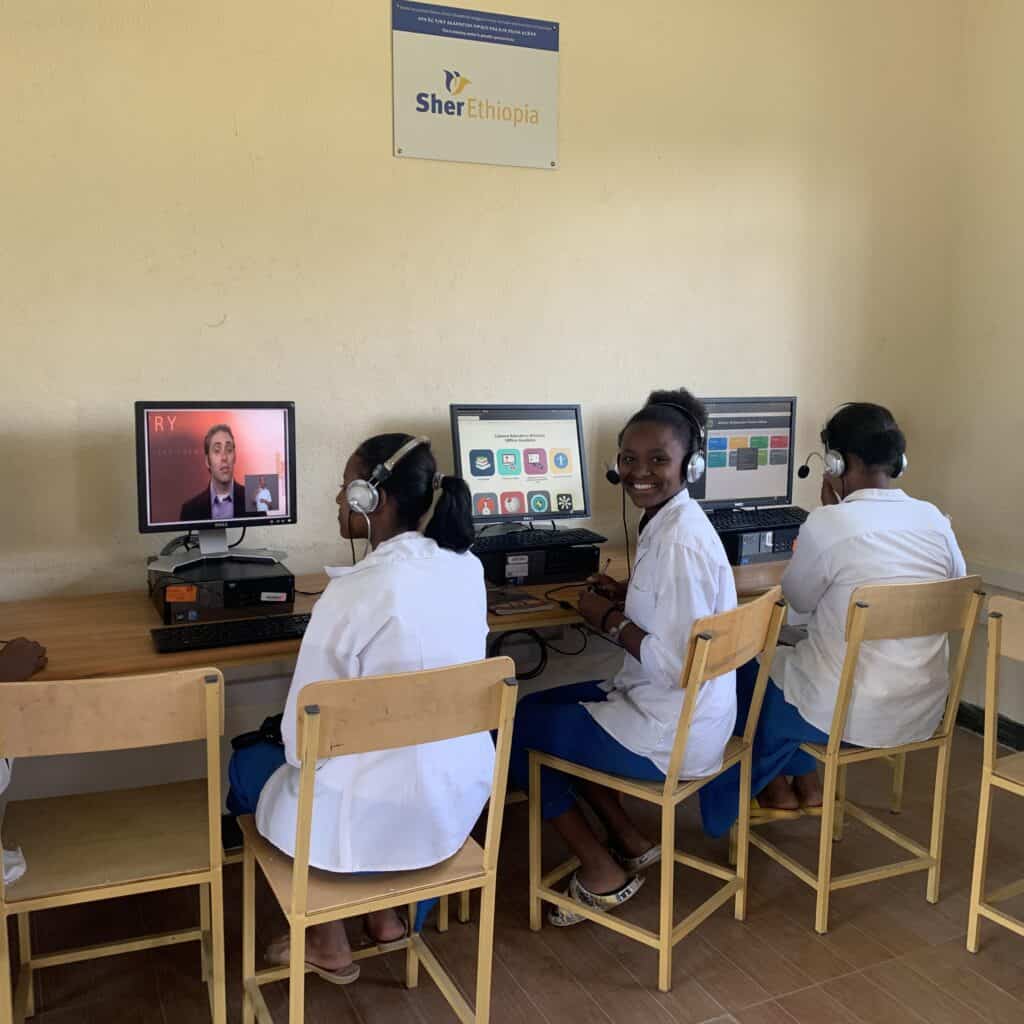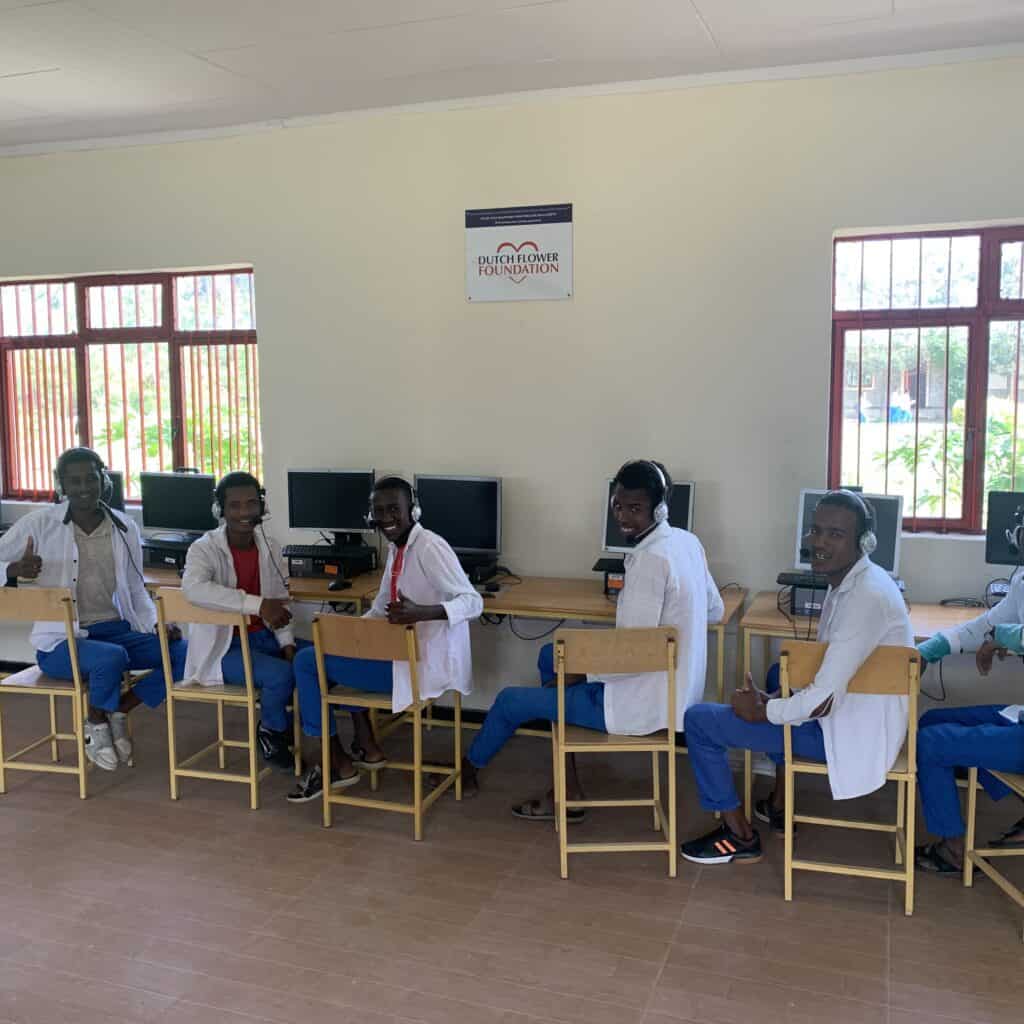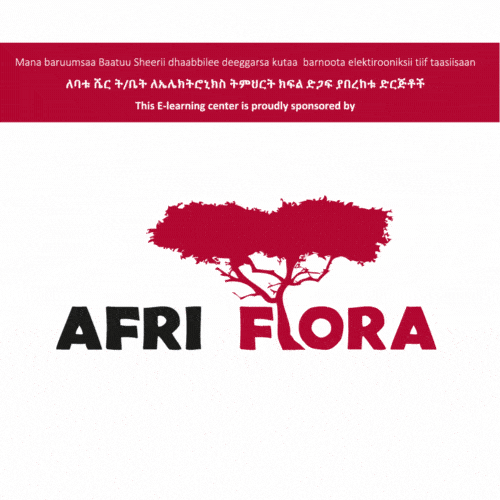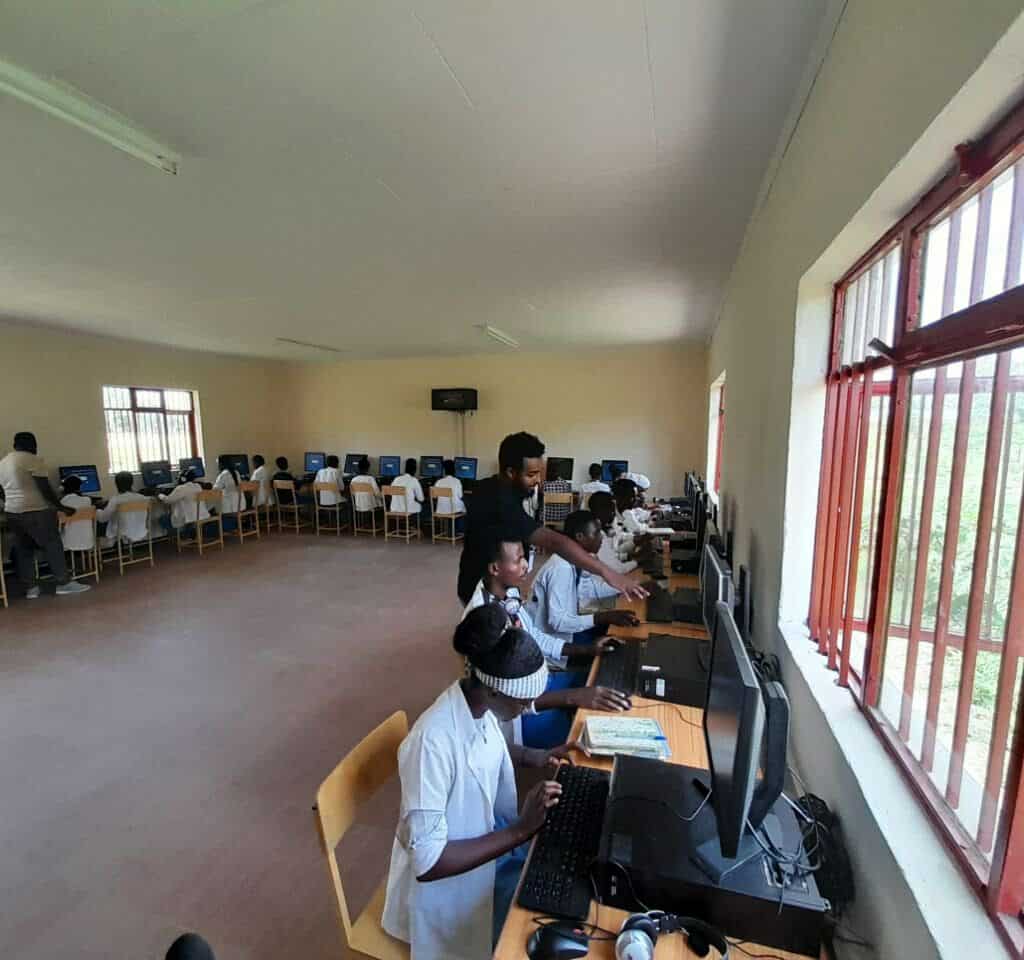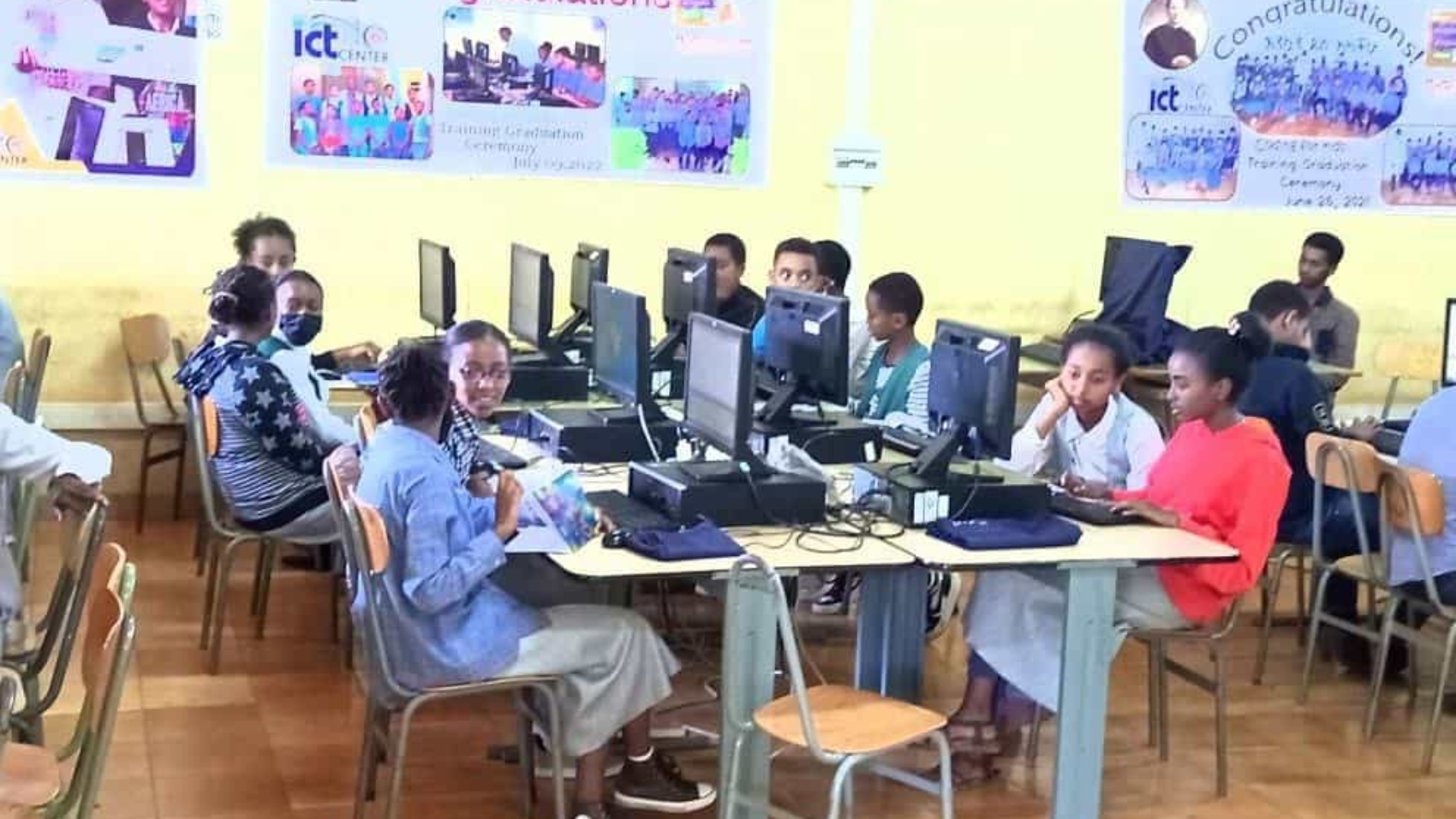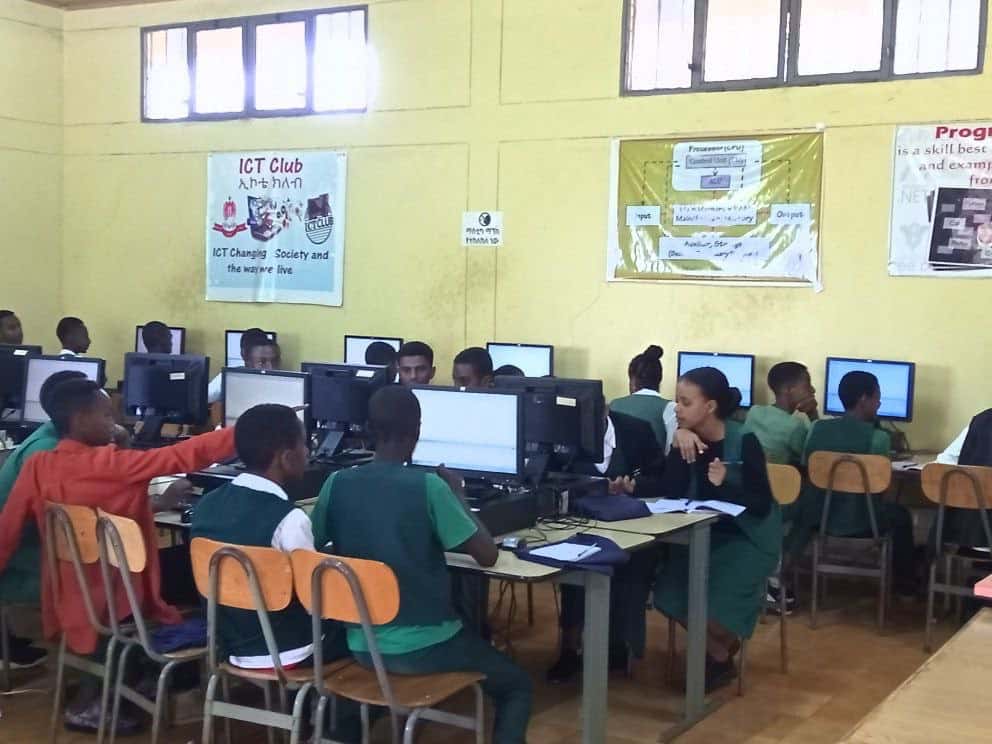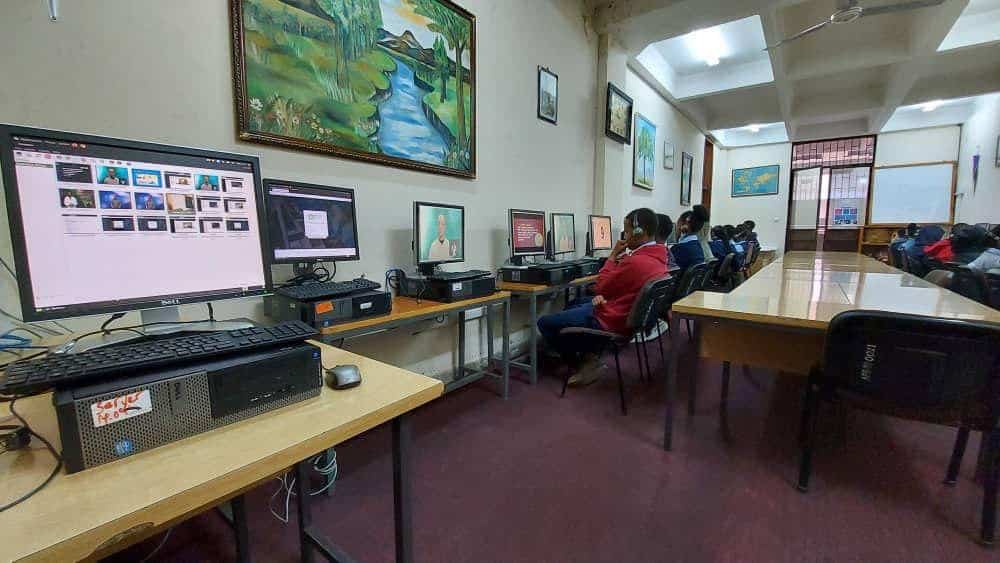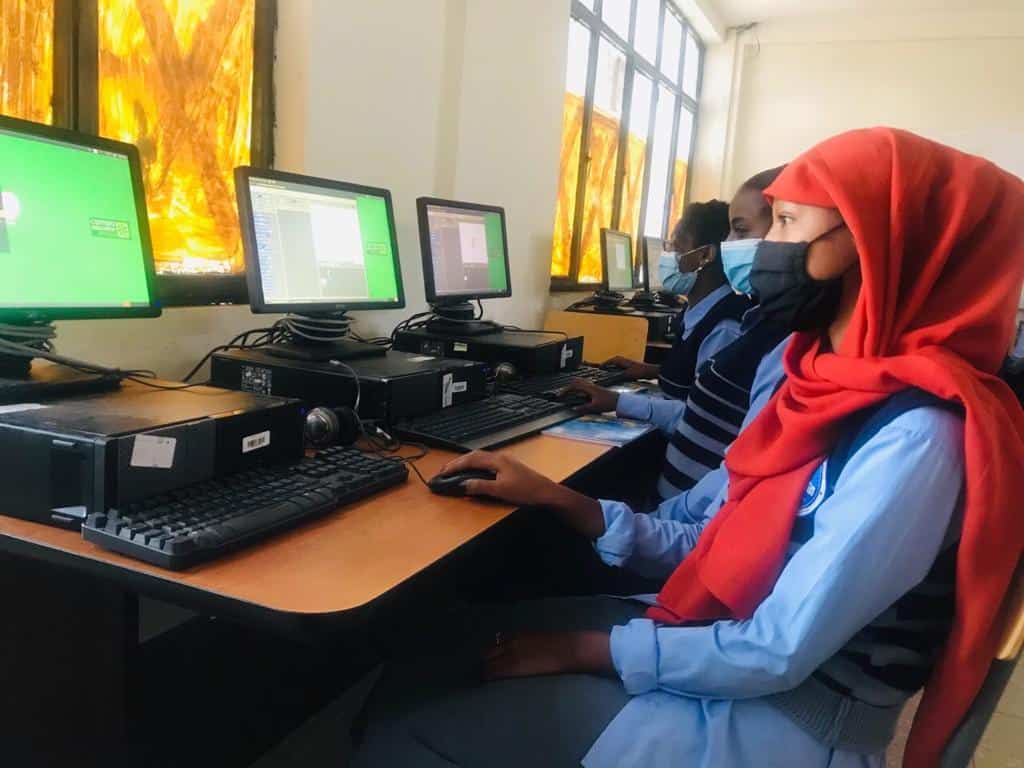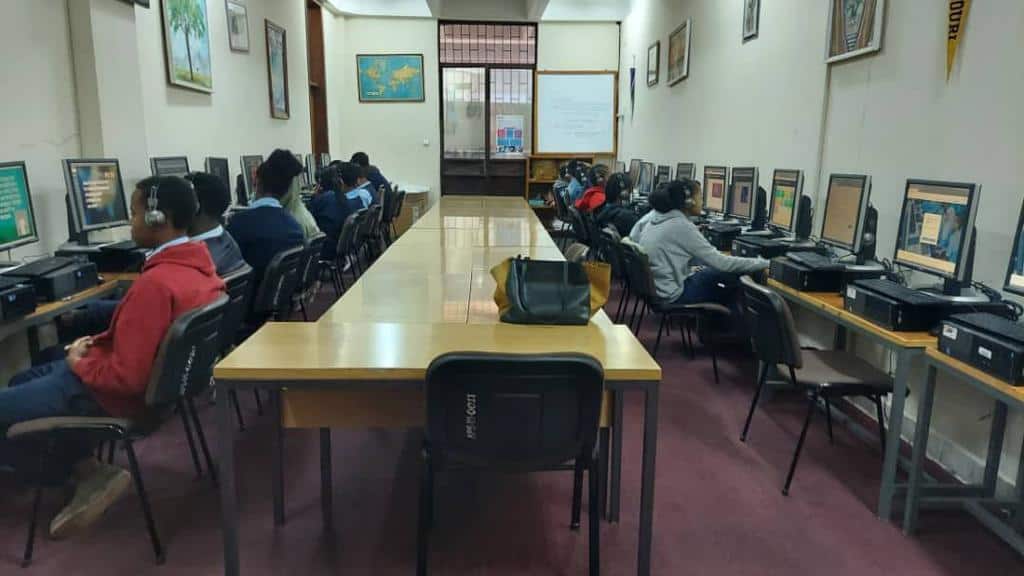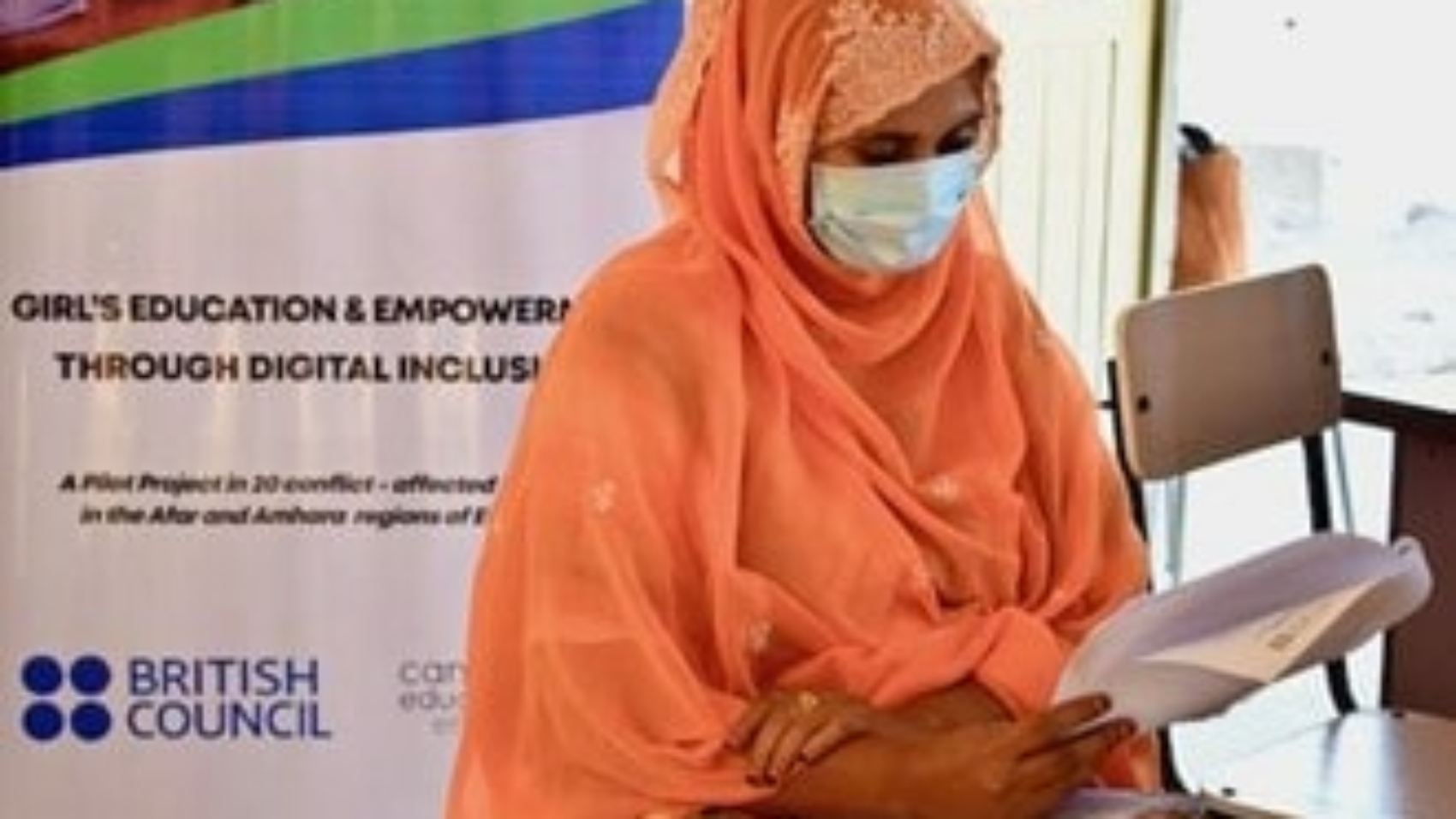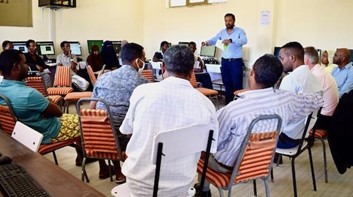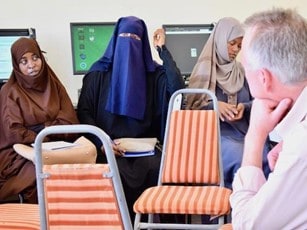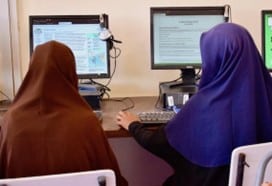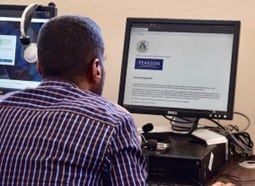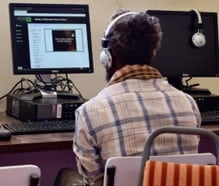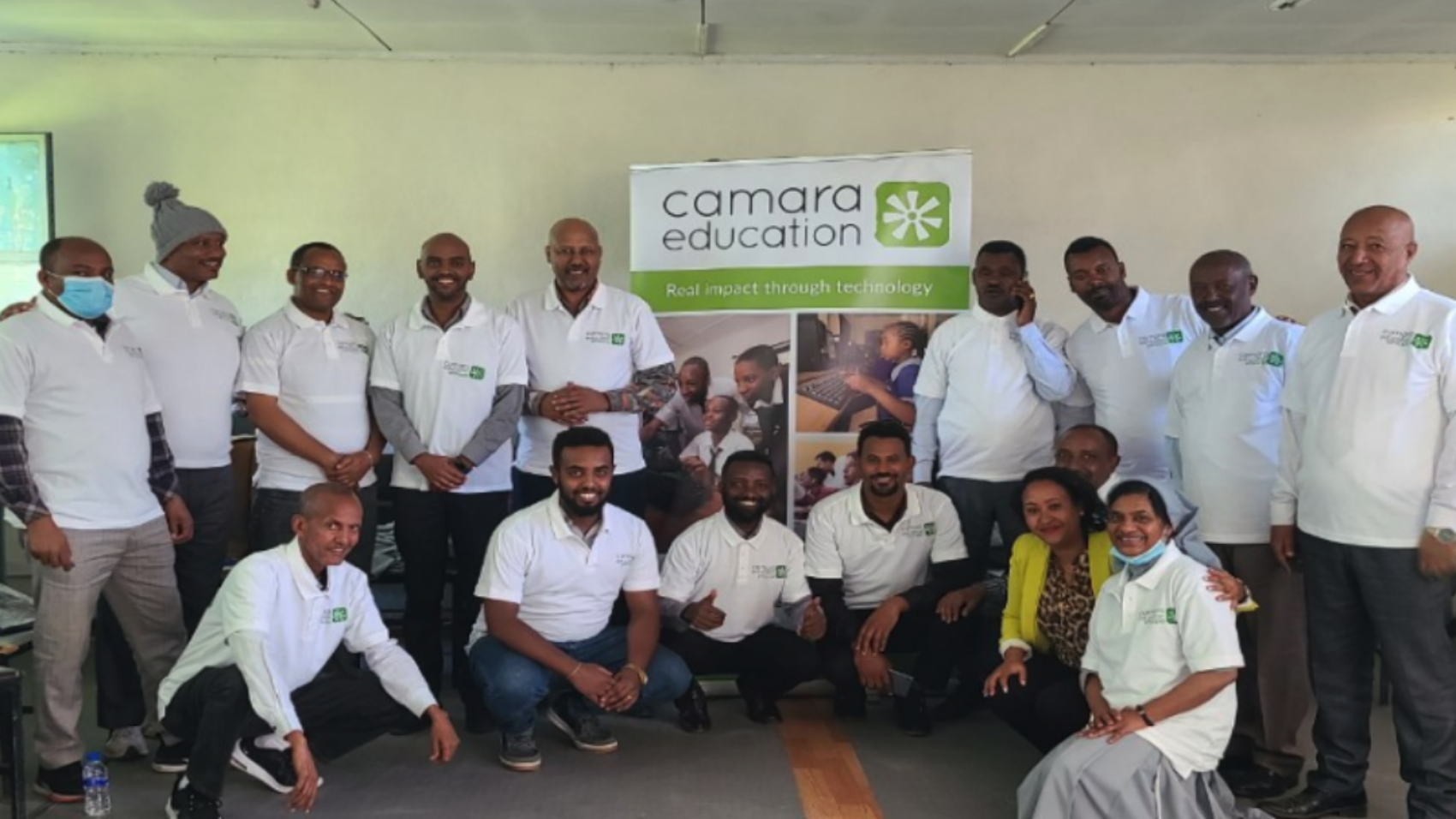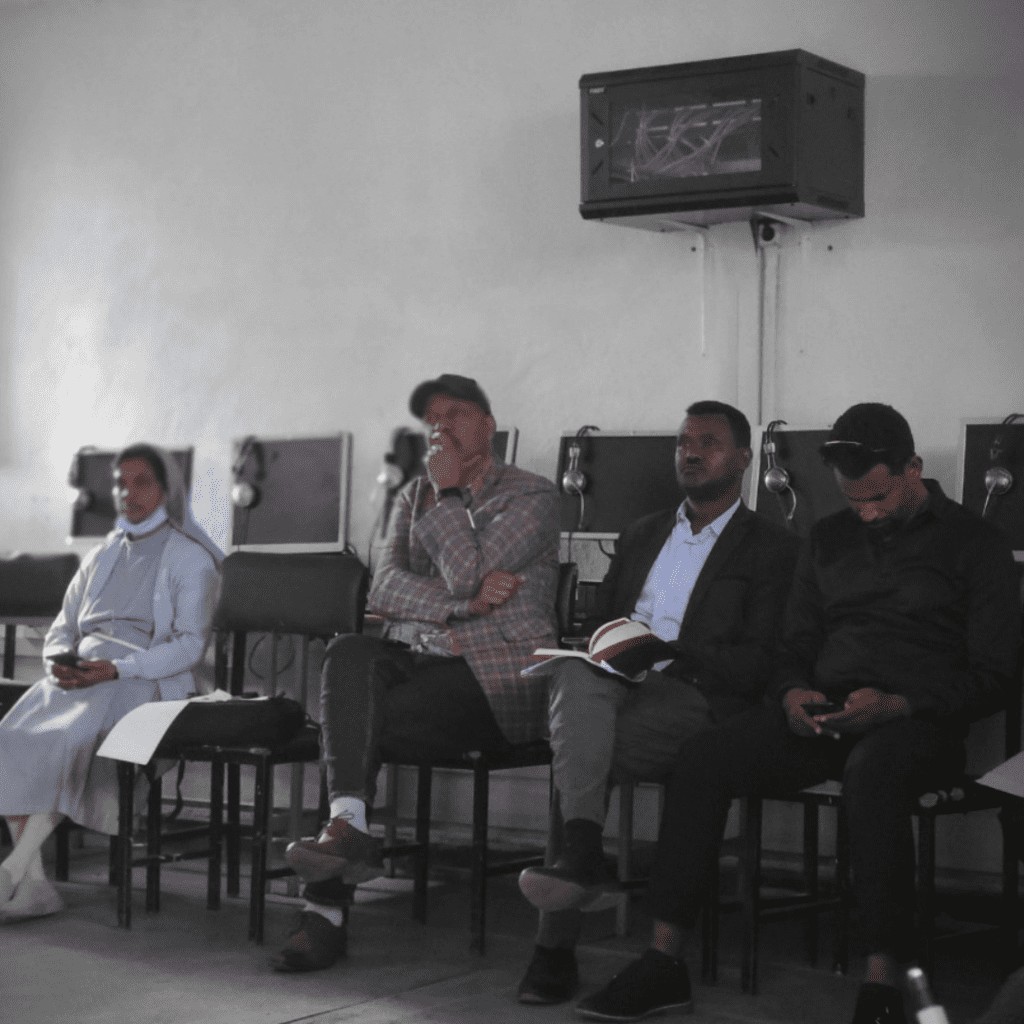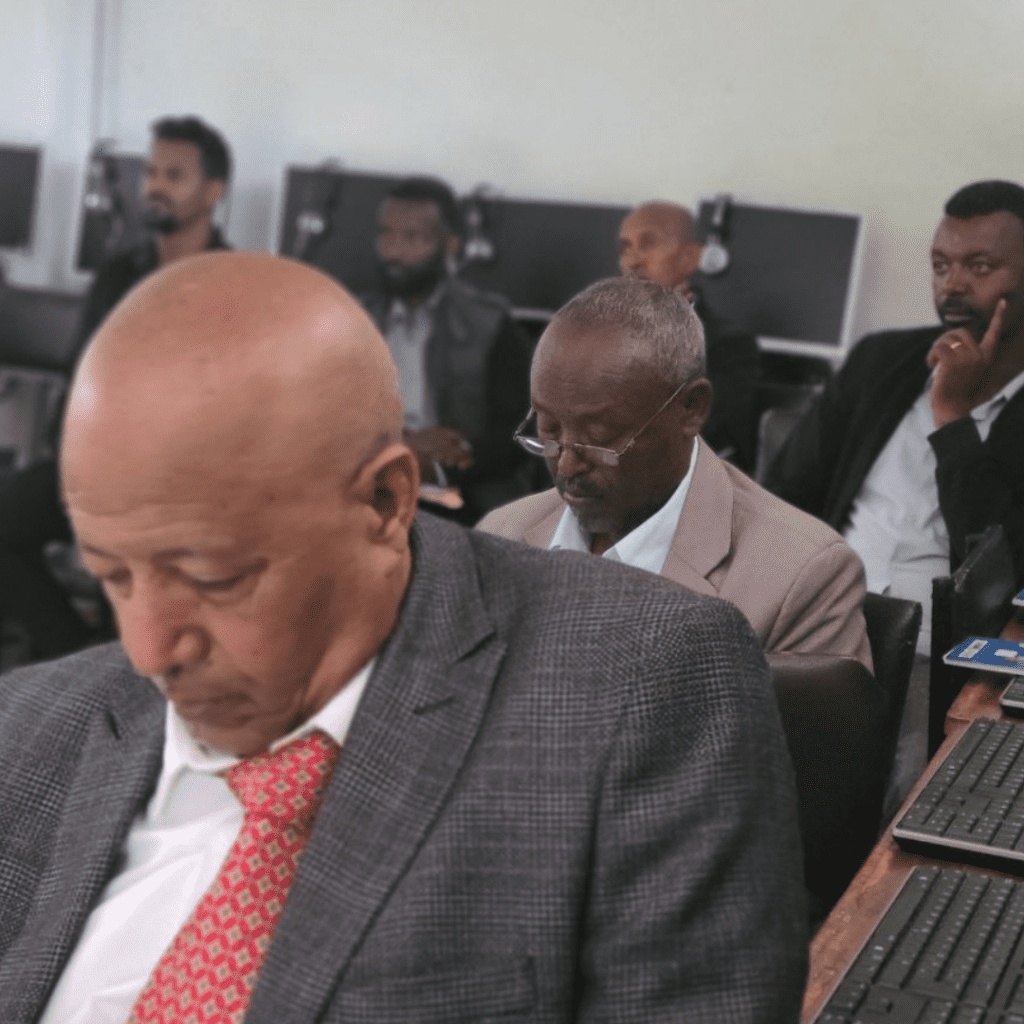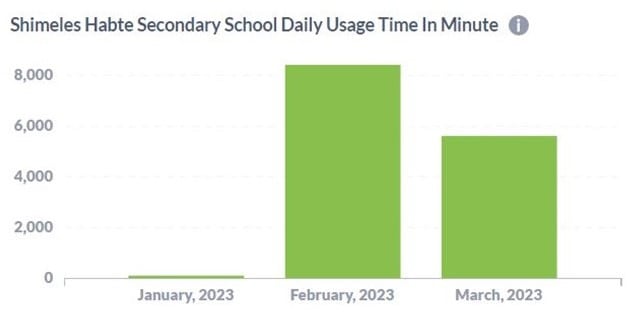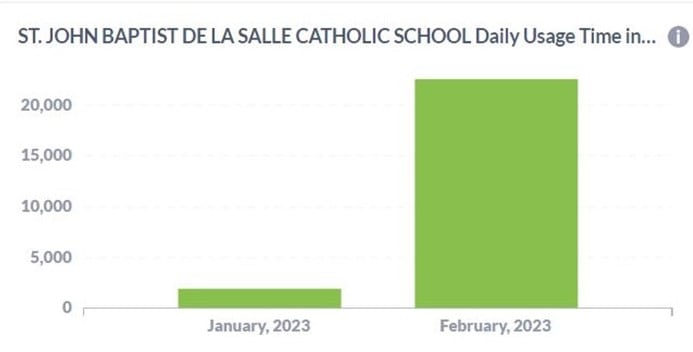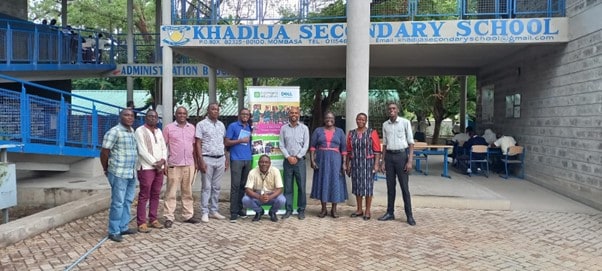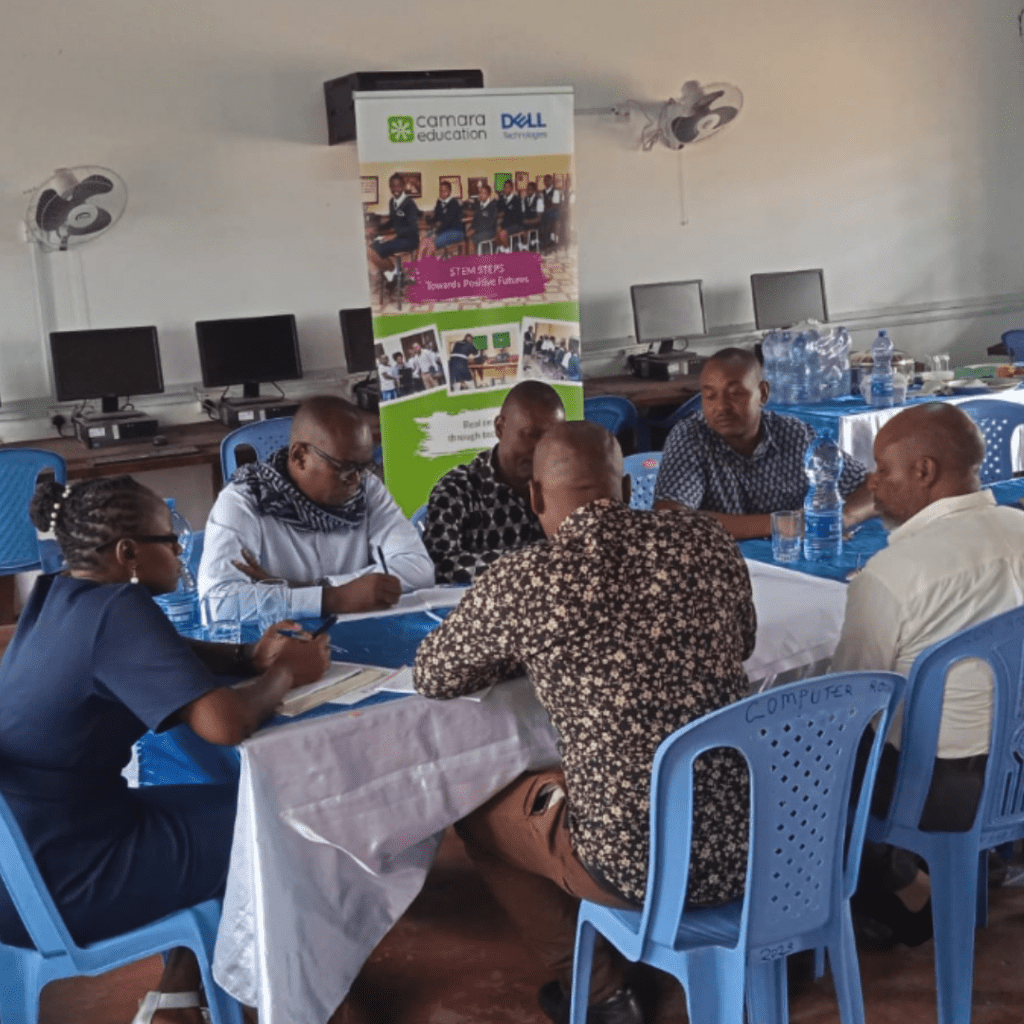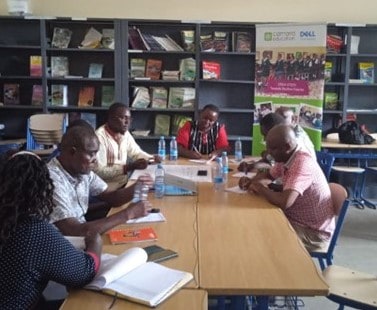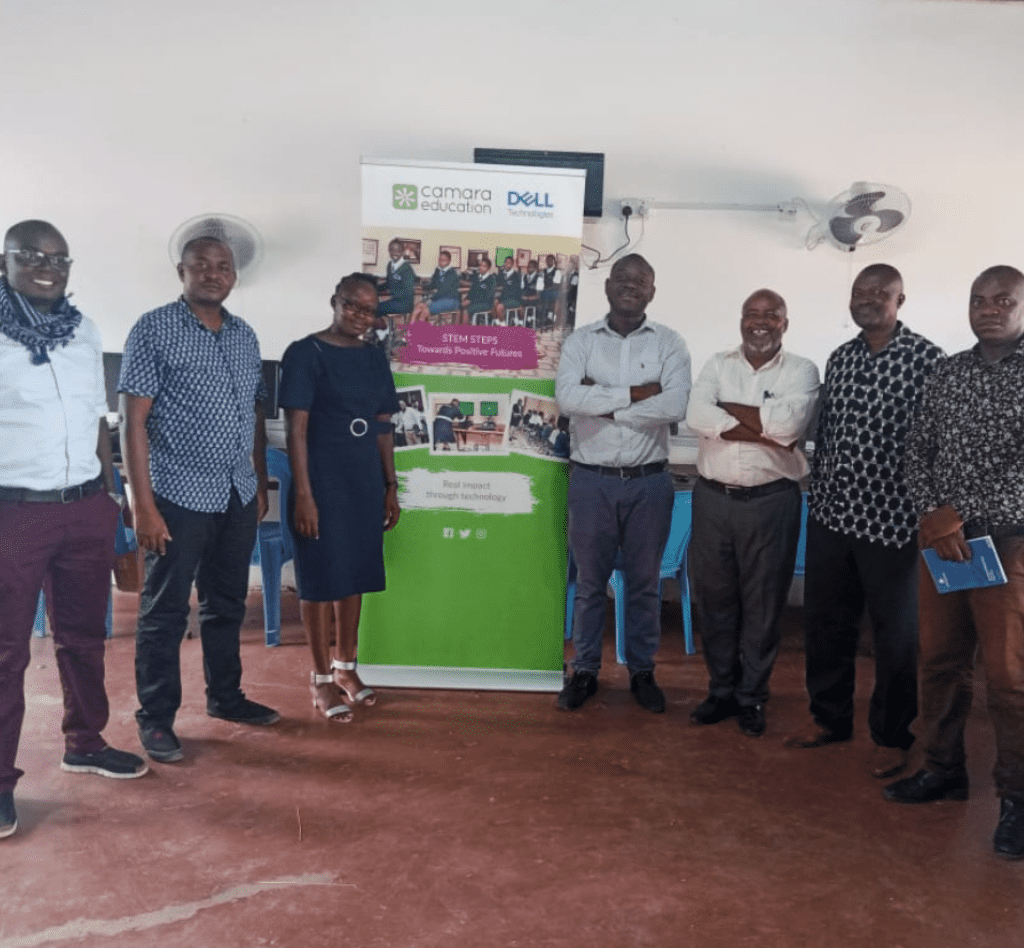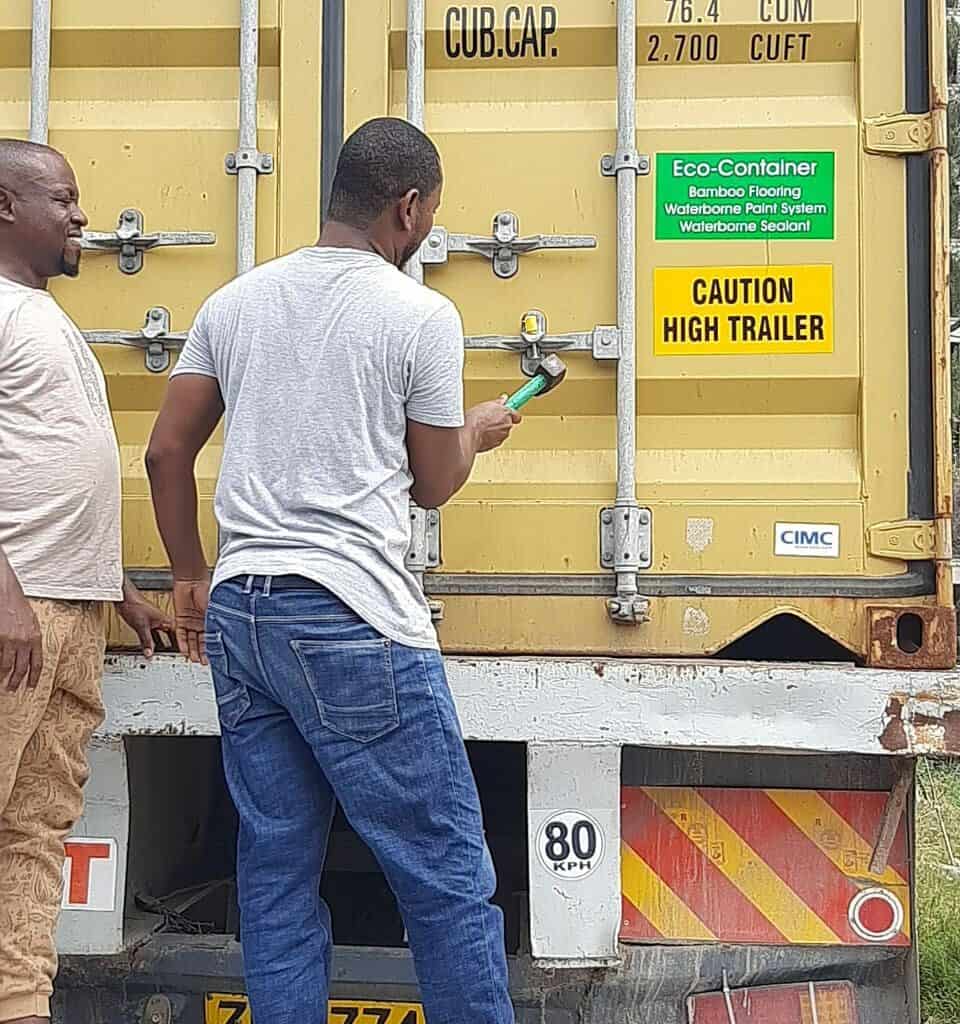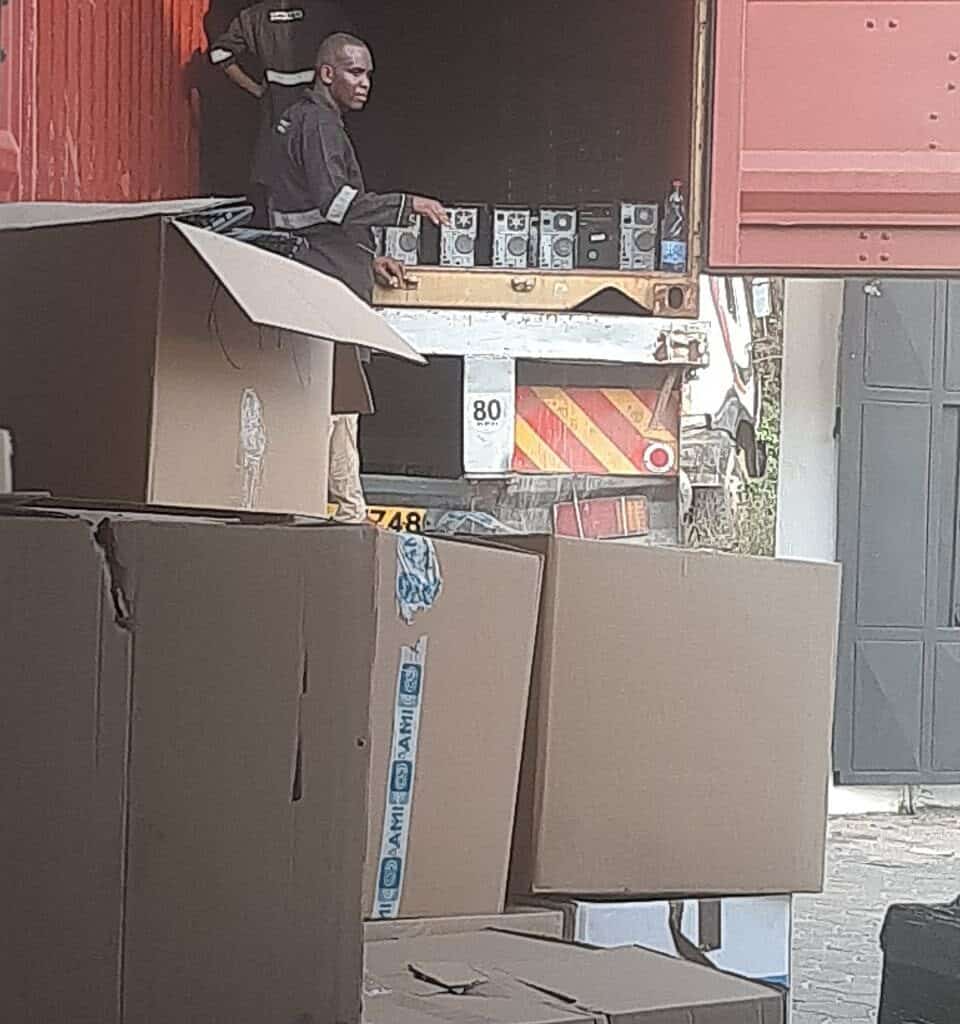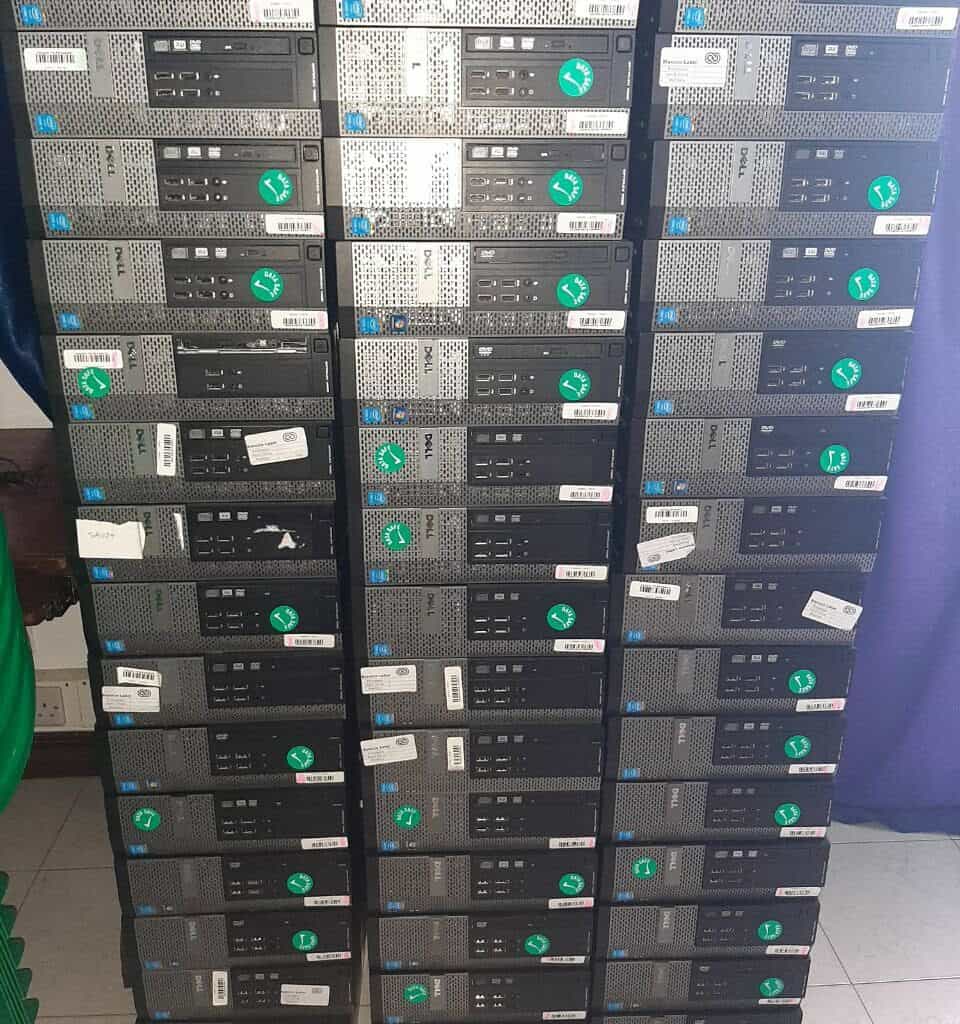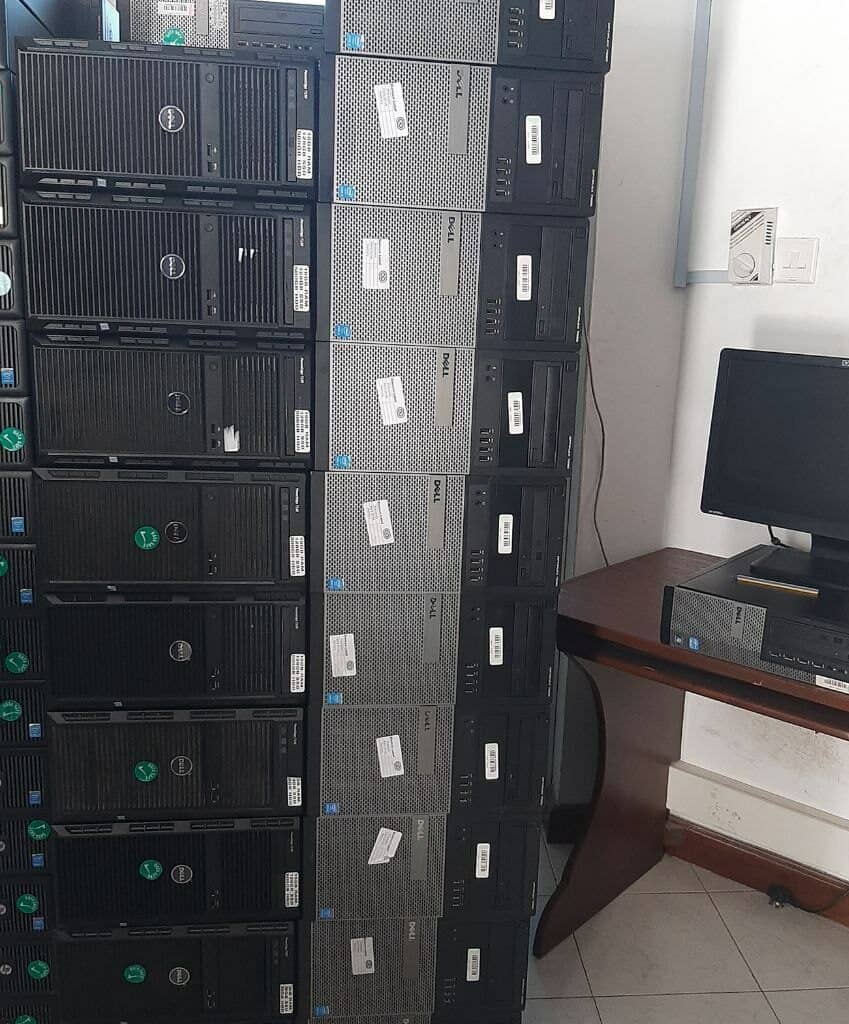Kabwe School for Continuing Education aims to offer technical skills to students aged 15-30 who have dropped out of mainstream education. It is located in Kabwe, a historic mining and agricultural town about 140km north of Lusaka, in central Zambia. Camara Zambia installed a Digital Learning Centre in the school, with funding through our partnership with Lenovo, including 25 computers and a server packed with educational content. We also trained the school’s teachers so that they could pass on their knowledge to the students and ensure maximum benefit from the Centre. This is what three of the young people who have used the Centre had to say:
“My name is Longwani Luckson, I live in Central Province in Kabwe town and I’m studying Computer Studies.
My whole course so far has been a great journey for me. I have learnt a lot about computers such as how to use applications like Microsoft Word, Excel, PowerPoint, Access and Publisher. Before I knew about these techniques it was quite difficult for me to work with Office applications, but now I can say I’m an expert in all of them.
Despite facing numerous challenges along the way, I remained steadfast in my dedication to mastering the intricacies of computer science. I spent countless hours immersed in coding, networking and troubleshooting, fuelled by my ambition to make a difference in my community through technology.
I use computers for communication, to gain knowledge and to keep in touch, and I have been developing educational software for local schools and creating e-commerce platforms for small businesses, each endeavour fuelling my desire to make a positive impact through technology.
Through hard work, perseverance and unwavering determination, I have overcome obstacles and emerged as a promising young technologist in Kabwe. My journey is just beginning, but I am ready to embrace the challenges ahead, armed with my passion for computers and a relentless drive to succeed.”
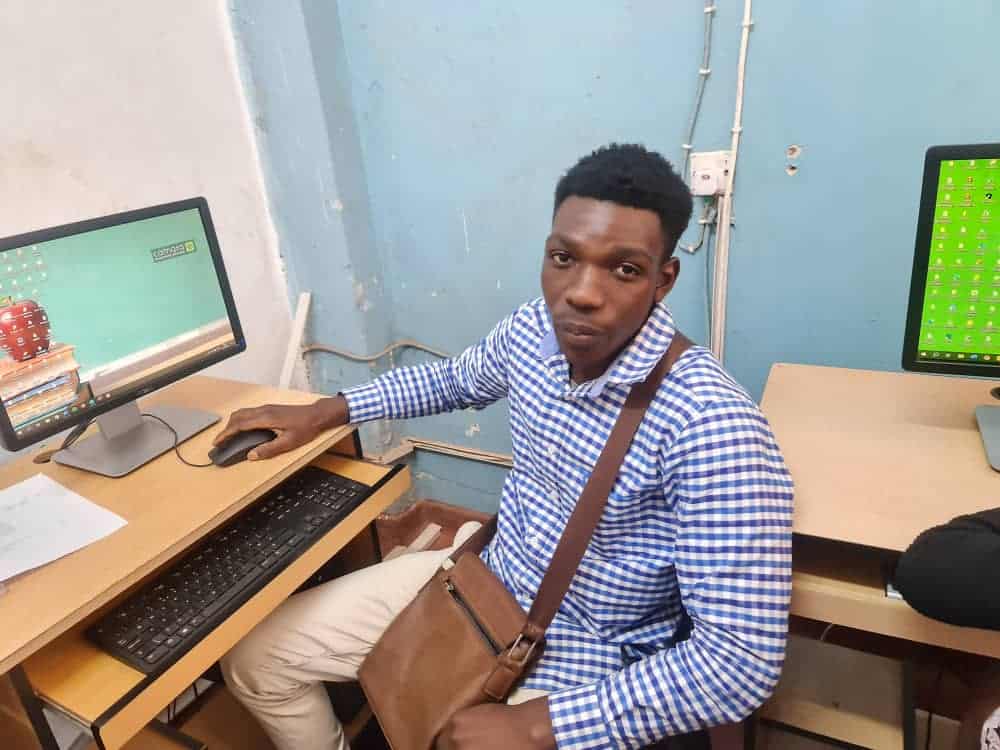
“My name Is Chongo Makamba, and I study Information and Communication Technology (ICT) at Kabwe School for Continuing Education.
Starting with almost no experience, I have learned that a computer is an electronic device or machine which retrieves, stores, processes and manipulates data. When I first started my course, I used to face many challenges on how to operate a computer, including typing. I used to be slow and even finding a letter on the keyboard could be a challenge. But over time I have improved, so now I can type faster and make different types of documents on a computer such us birthday cards, brochures, menu cards, calendars, etc.
Furthermore, the computers have proved helpful in numerous ways – for research, writing of assignments, creation of different types of documents and so on. I have improved my digital skills and feel prepared for the future.”
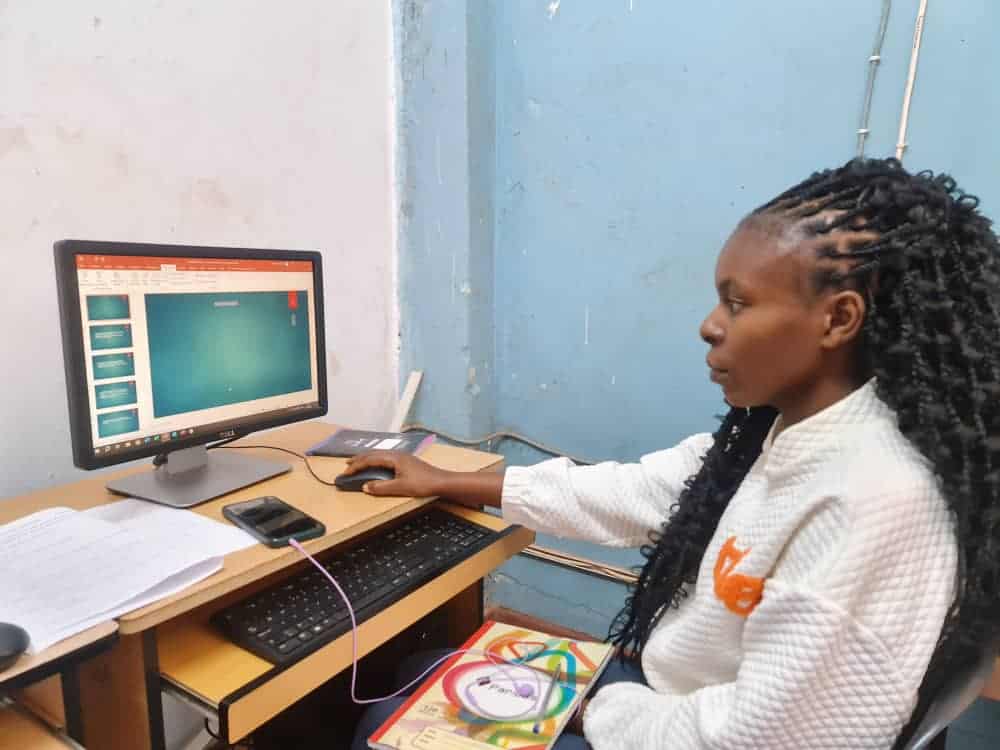
“My name is Goodson Chipapala, hailing from Kabwe district. I am currently doing a certificate in Computer Studies. I found my passion ignited by the endless possibilities that technology offers; computers have become more than just gadgets to me; they are portals to a universe waiting to be explored.
In my early days, my interactions with computers were limited to gaming and basic tasks. However, as I delved deeper into the digital realm, I discovered a newfound fascination for research. With each click of the mouse and every stroke of the keyboard, I embarked on a journey of knowledge acquisition and personal growth.
My interests led me to explore diverse subjects, including Excel, PowerPoint, and Access. With each topic I delved into, I honed my research skills, learning to discern credible sources from mere conjecture. Through perseverance and determination, I gradually became adept at synthesizing information, analysing data, and presenting my findings coherently.
My time at Kabwe Skills Institute became a pivotal chapter in my story. Here, I not only expanded my technical proficiency but also cultivated a deeper understanding of how technology can be harnessed for research and innovation. Courses in Computer Science and Information Technology equipped me with the tools to navigate the digital landscape with confidence and precision.
Today, I stand as a testament to the transformative power of technology. From a curious enthusiast to a skilled researcher, my journey has been one of continuous growth and discovery. As I look to the future, I am filled with excitement for the possibilities that lie ahead, knowing that with each keystroke, I am one step closer to unlocking new horizons.”
